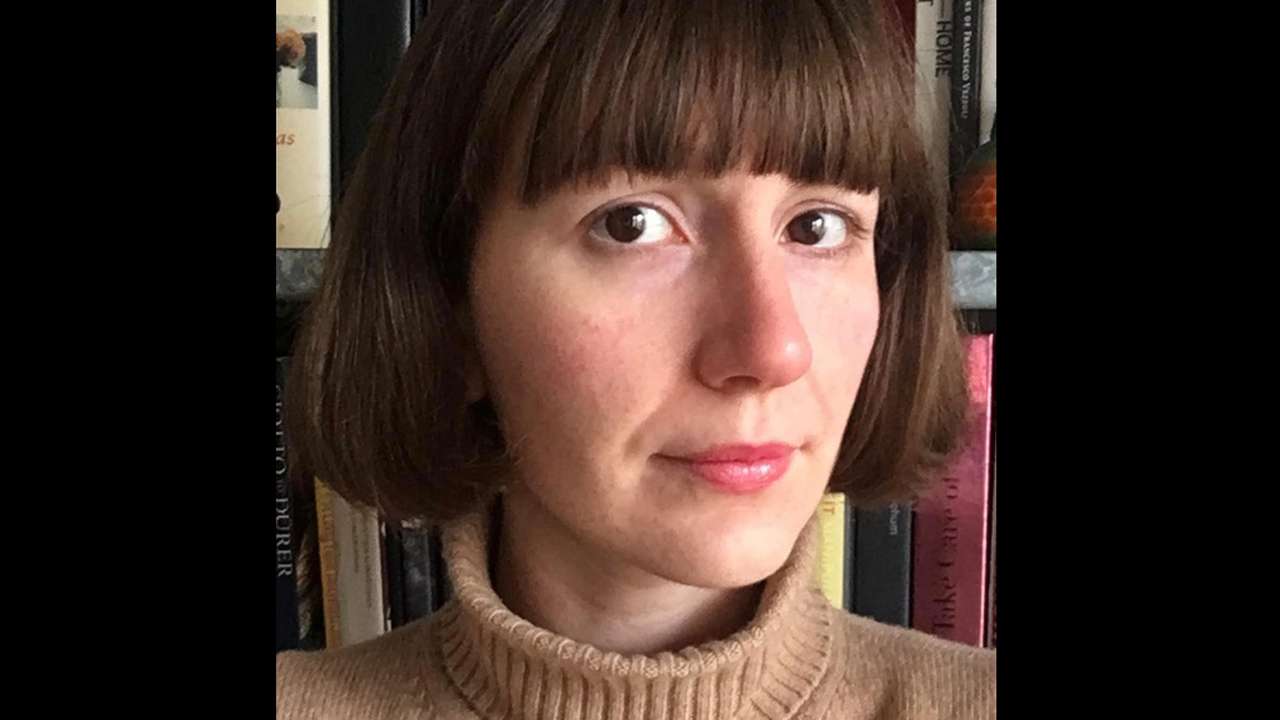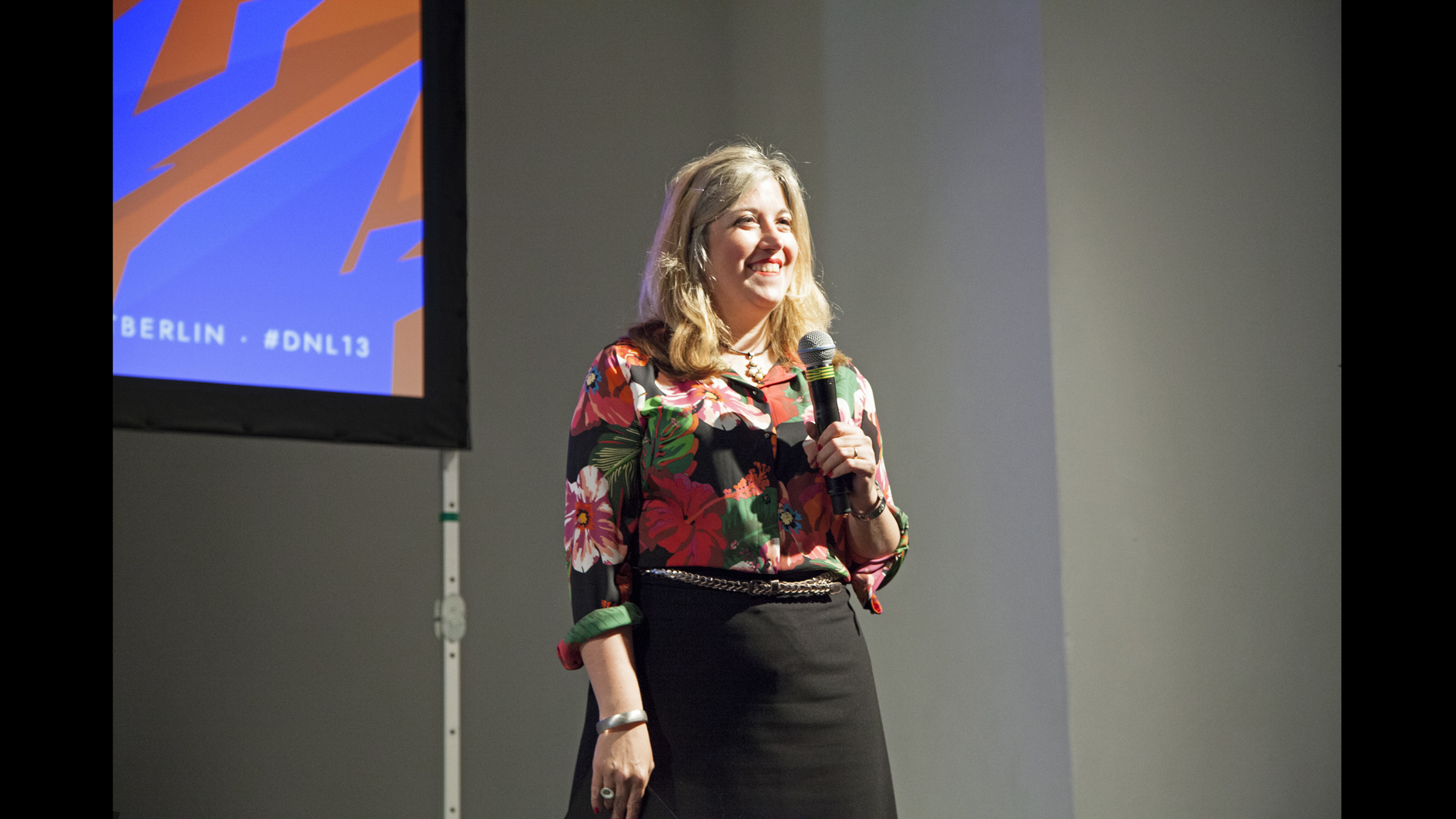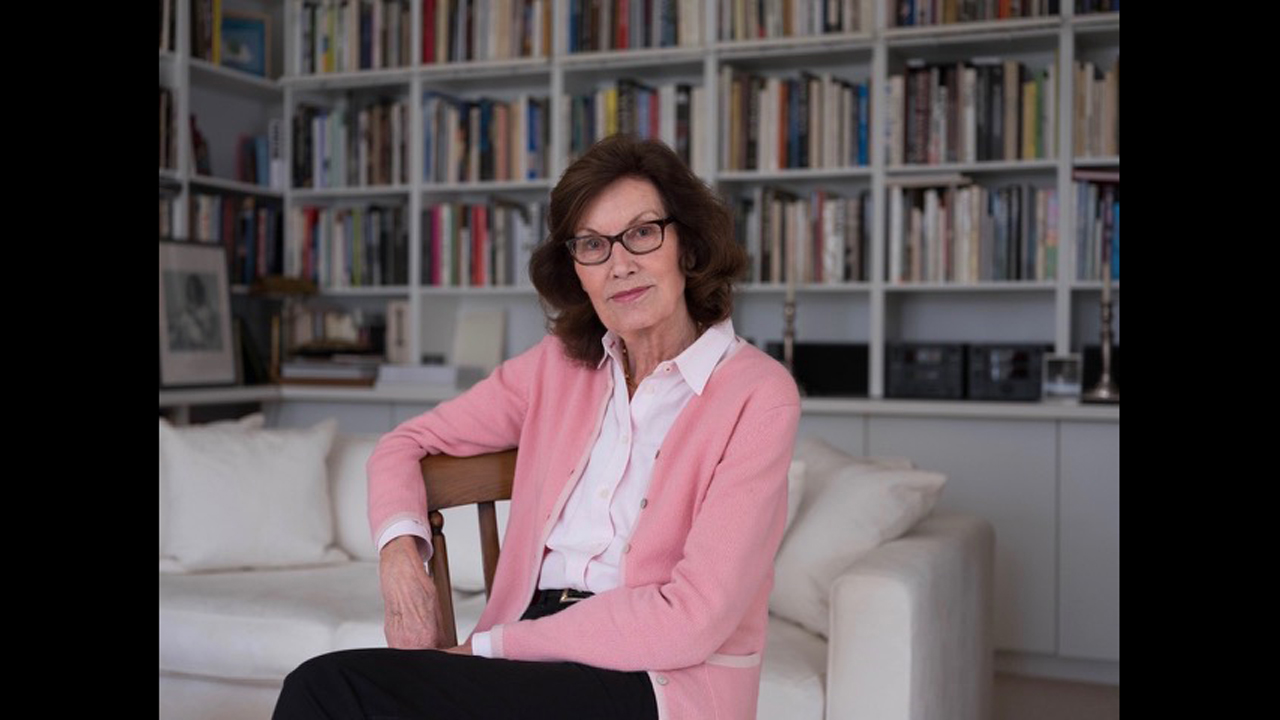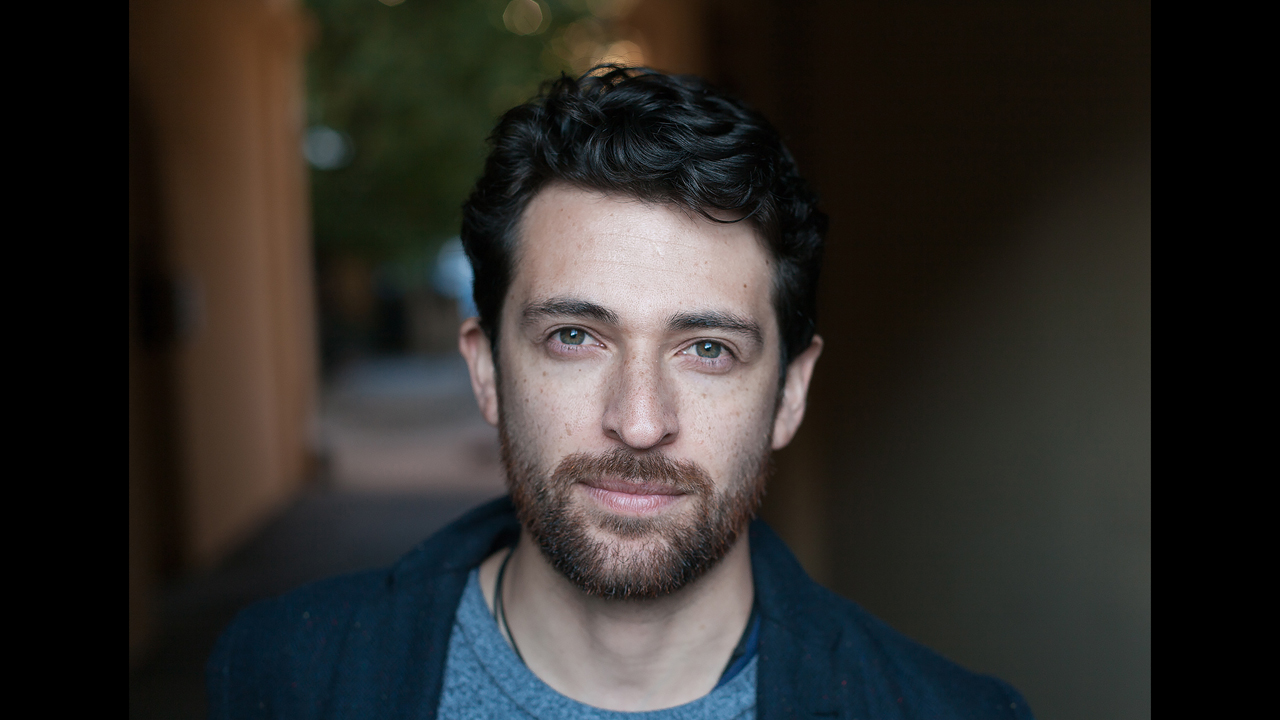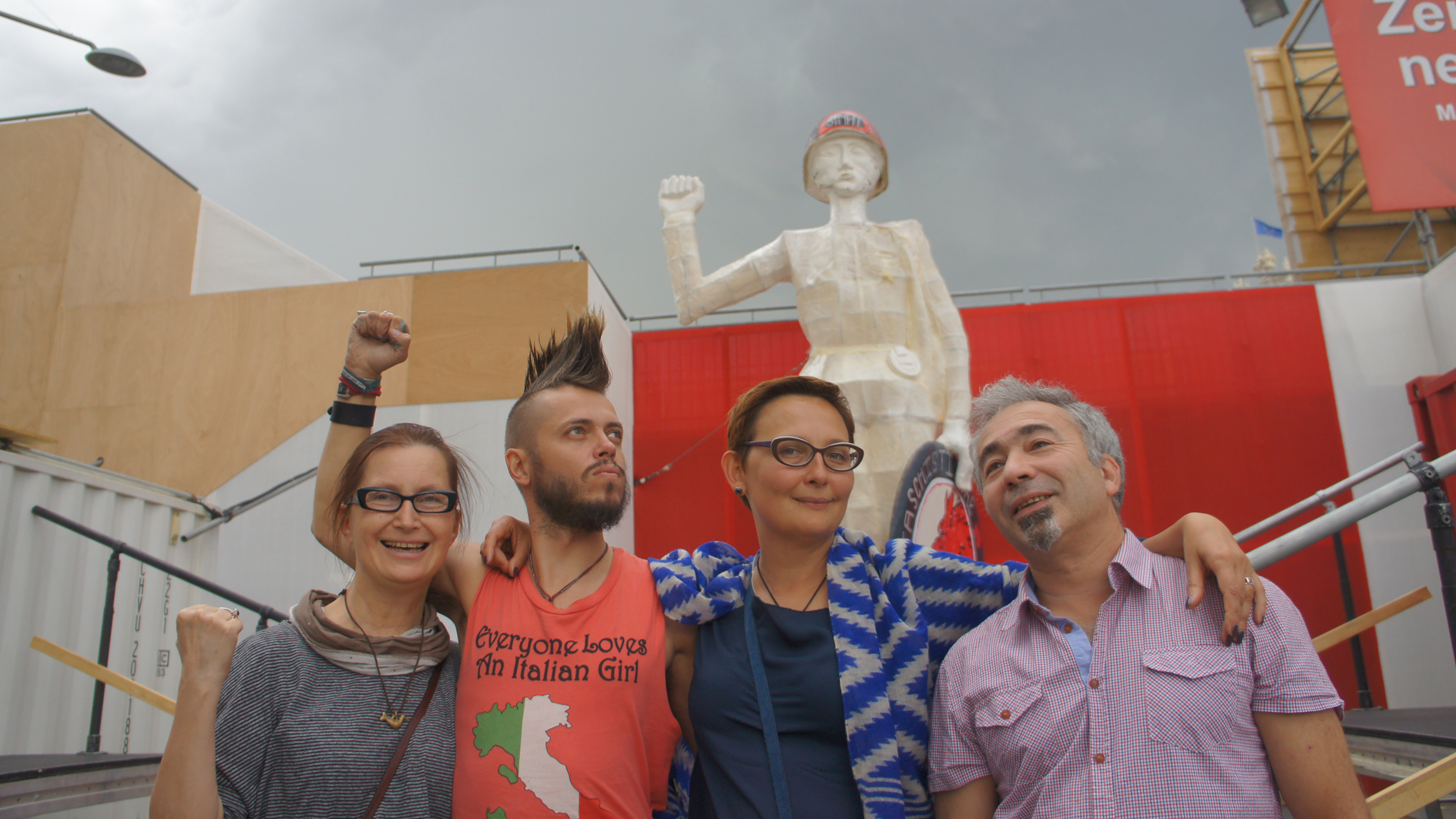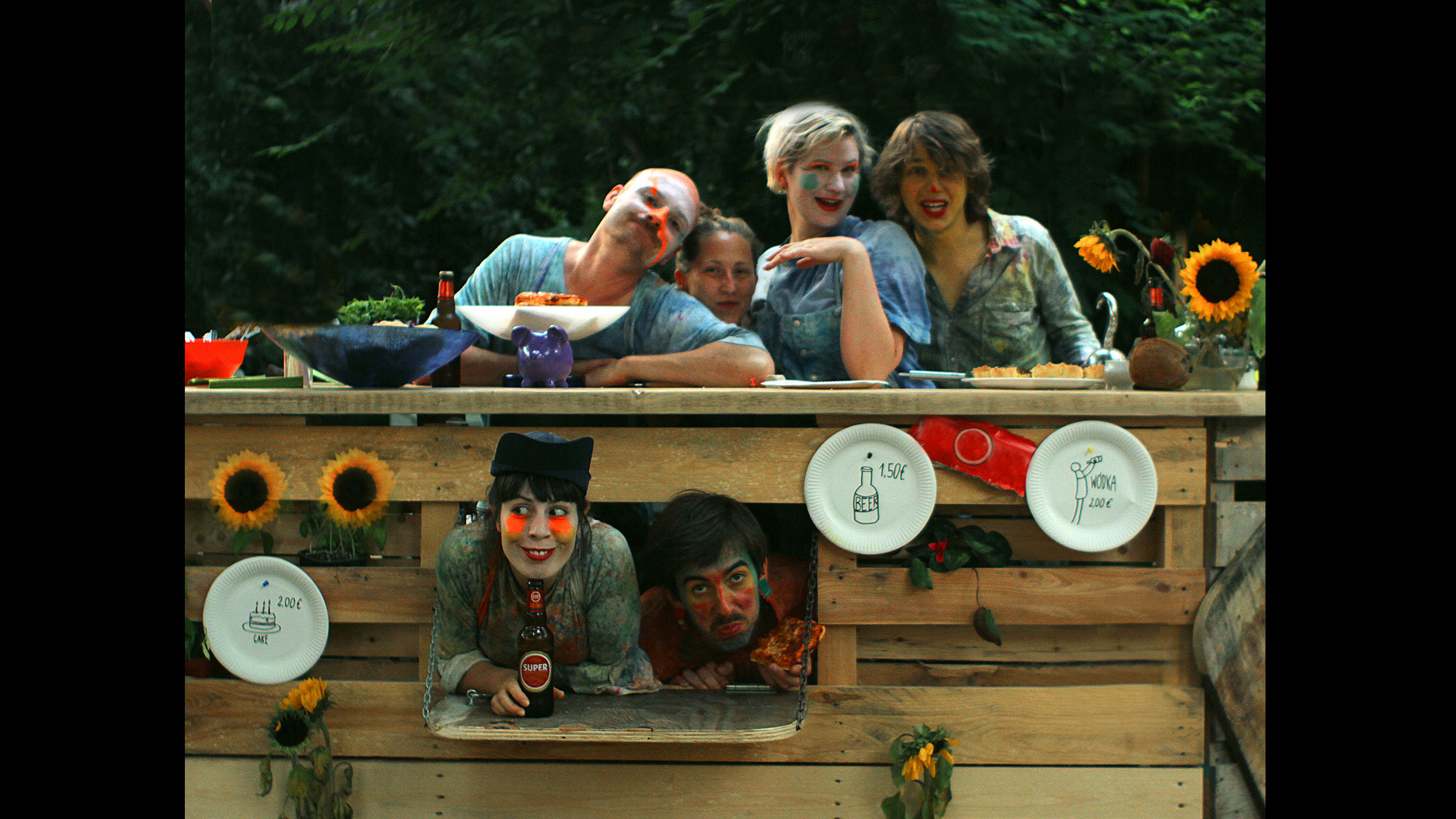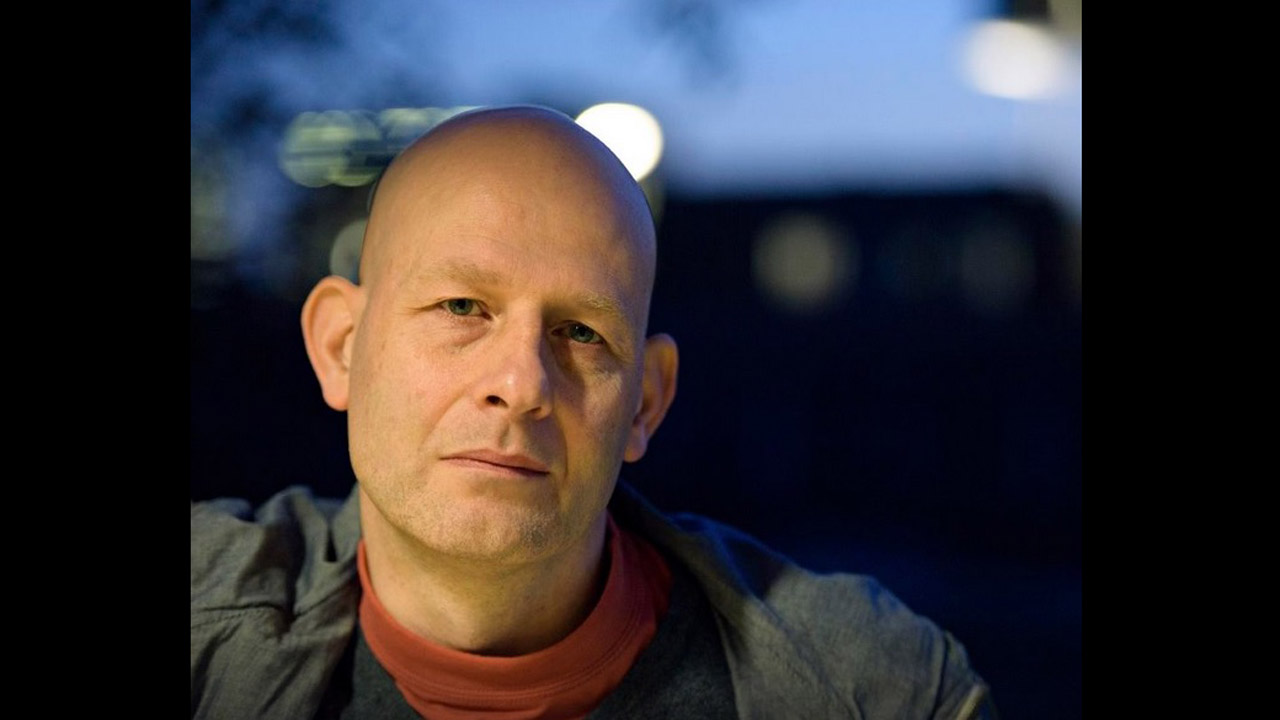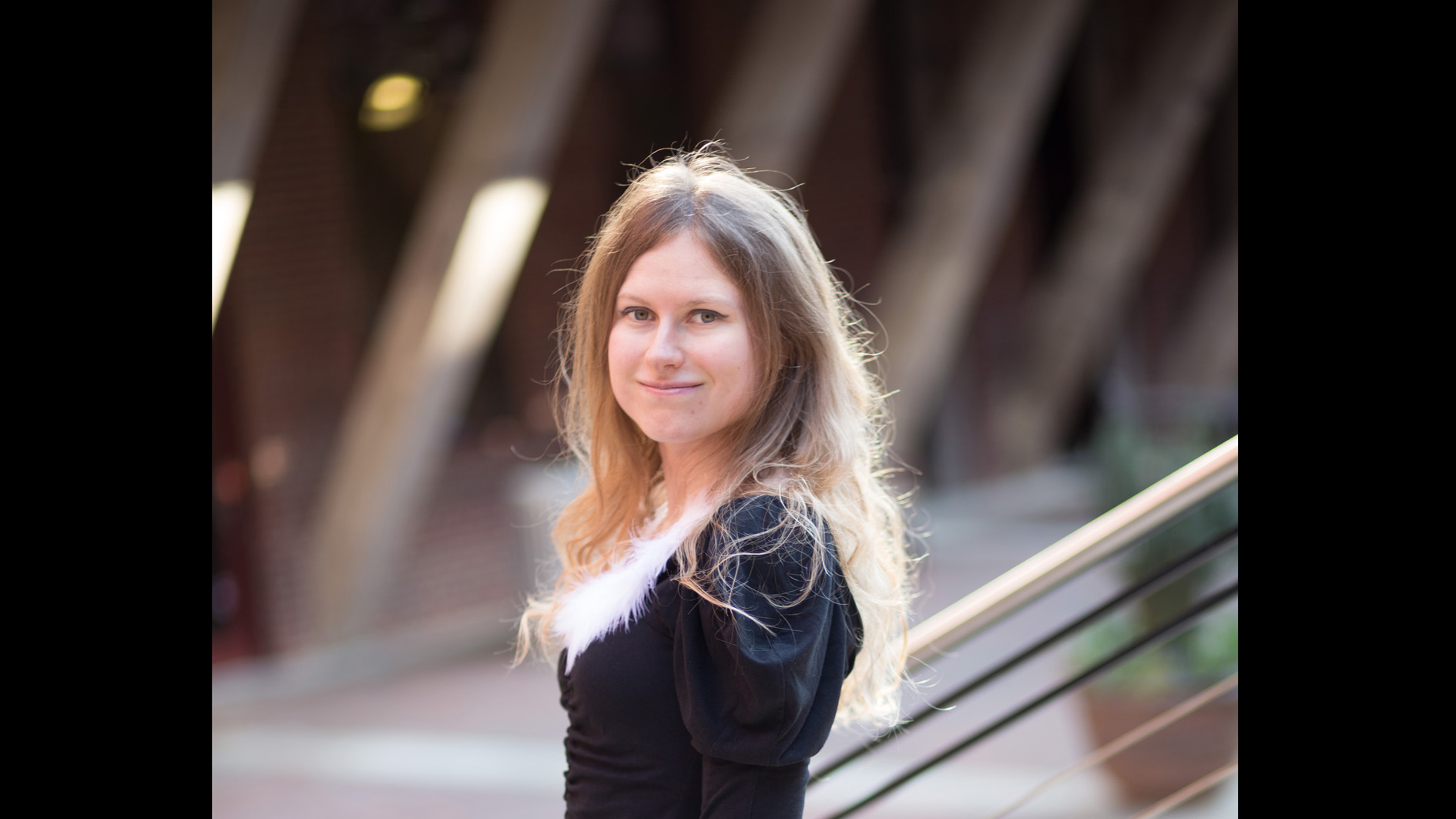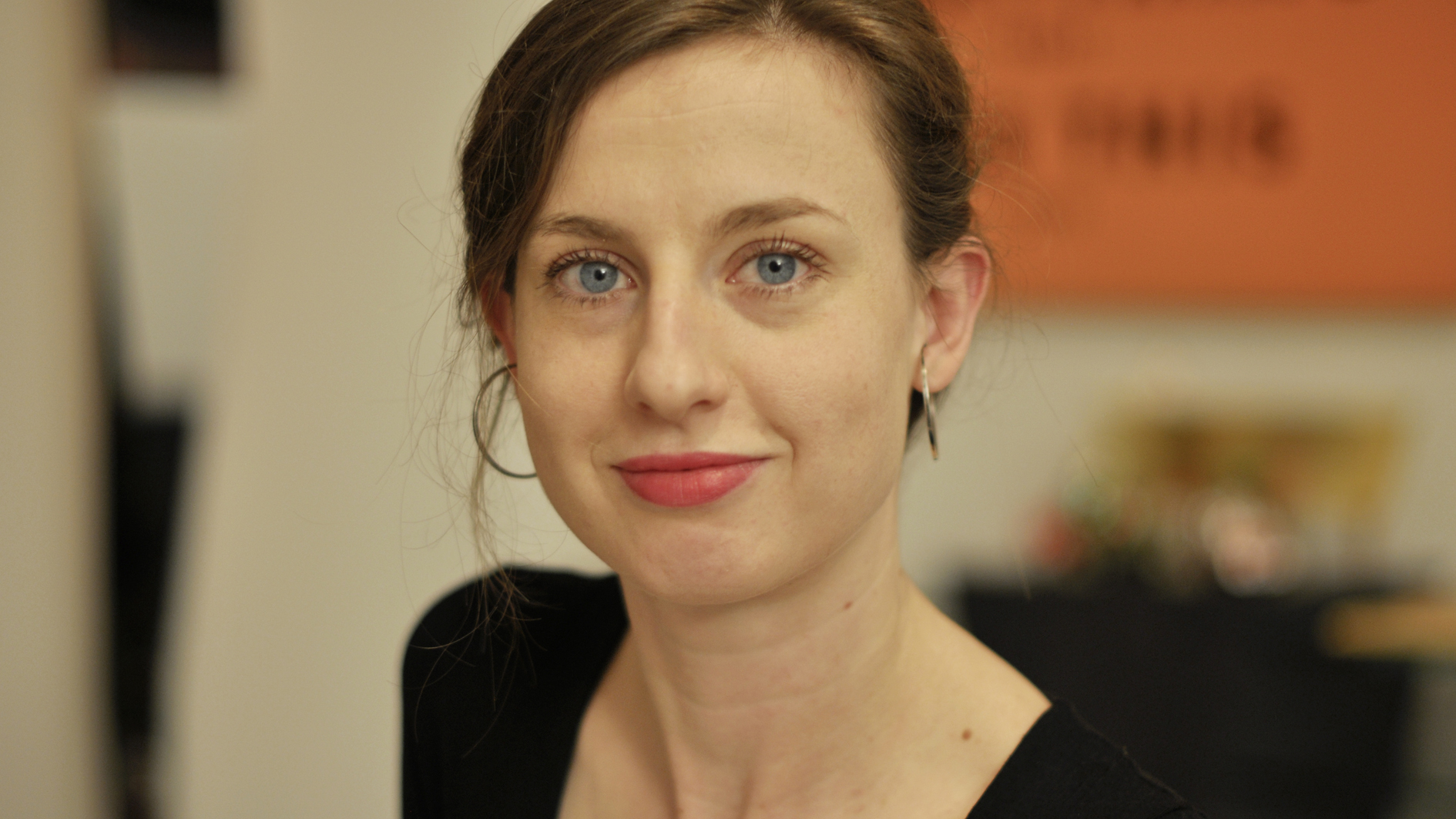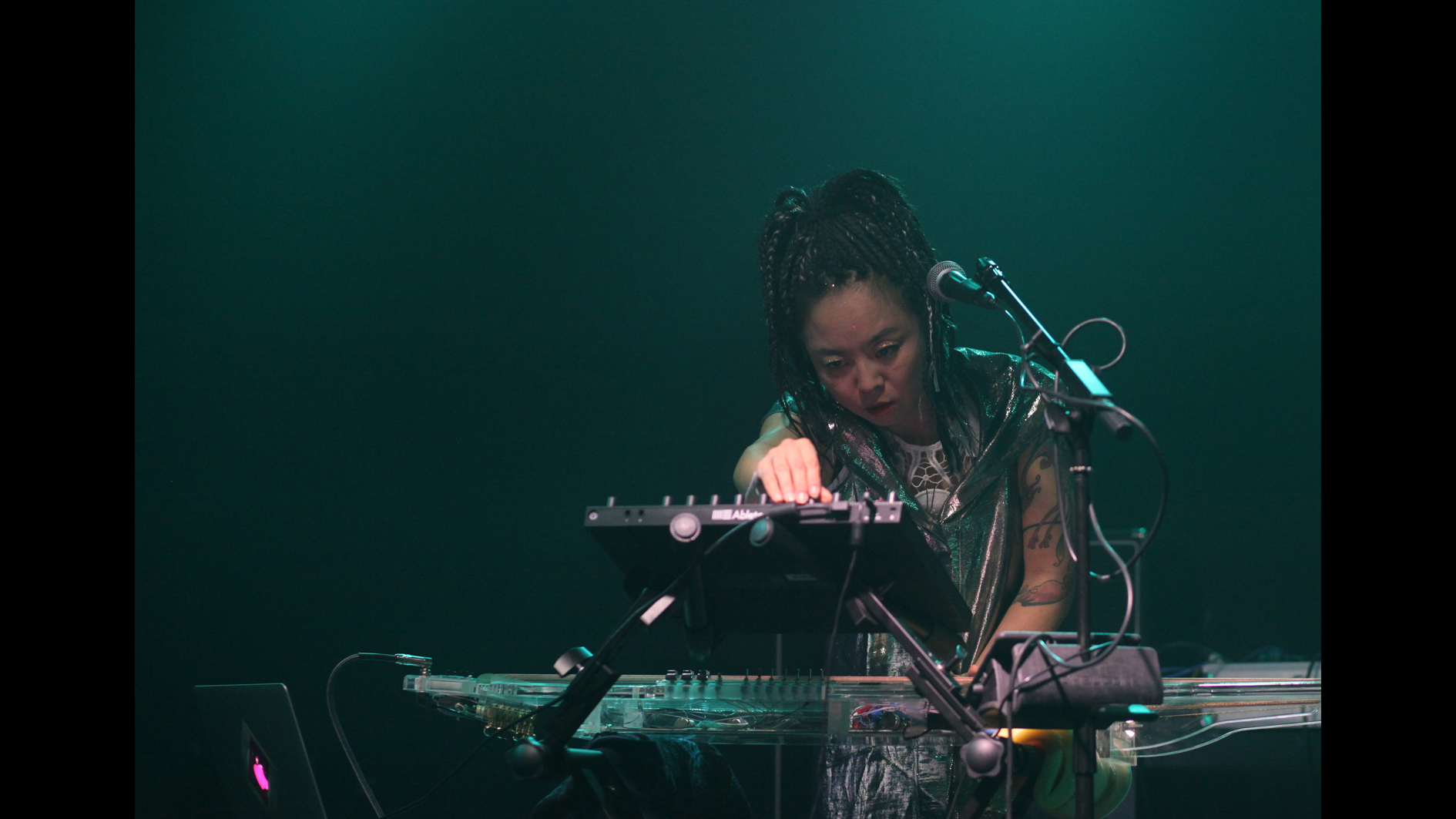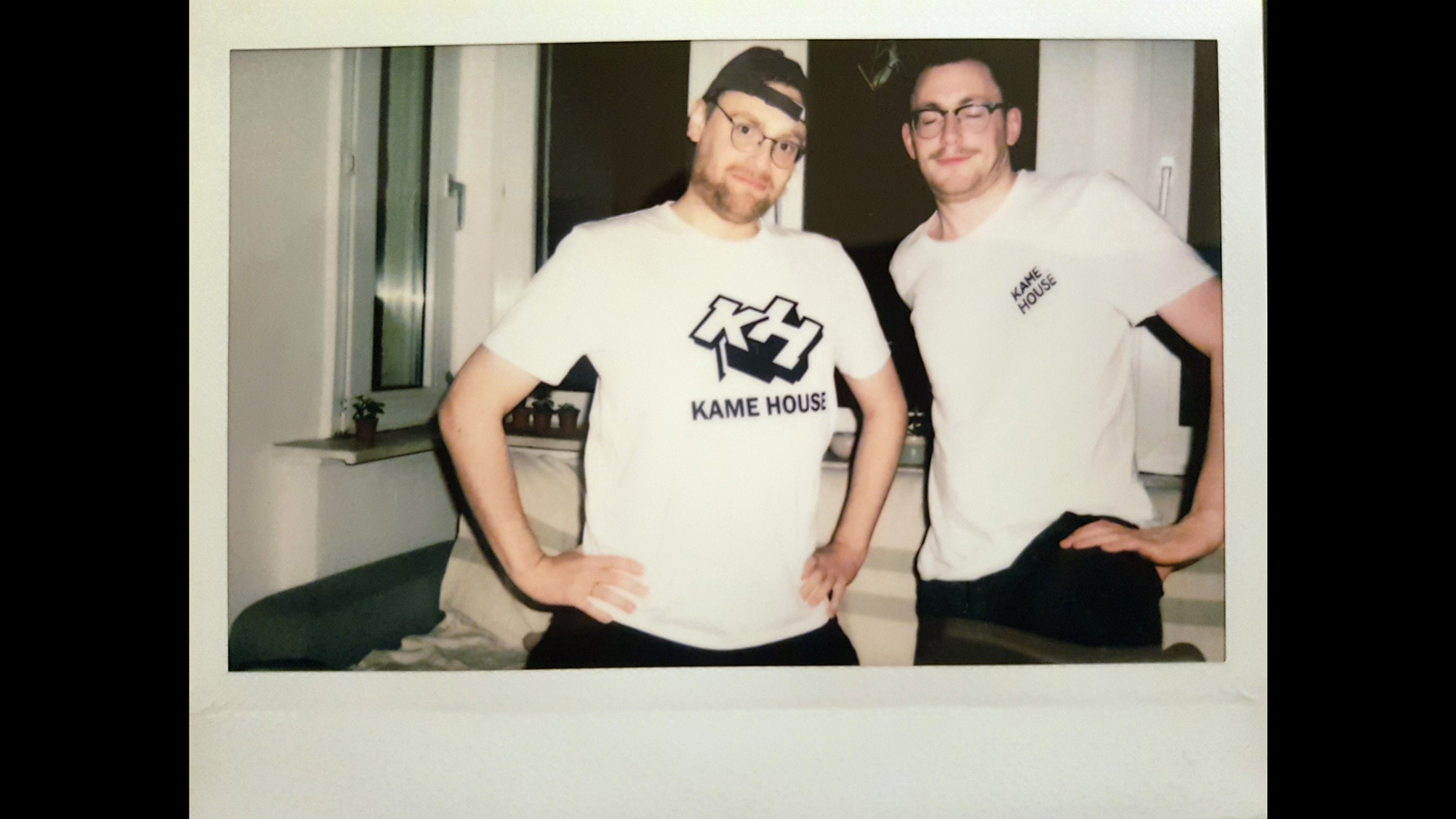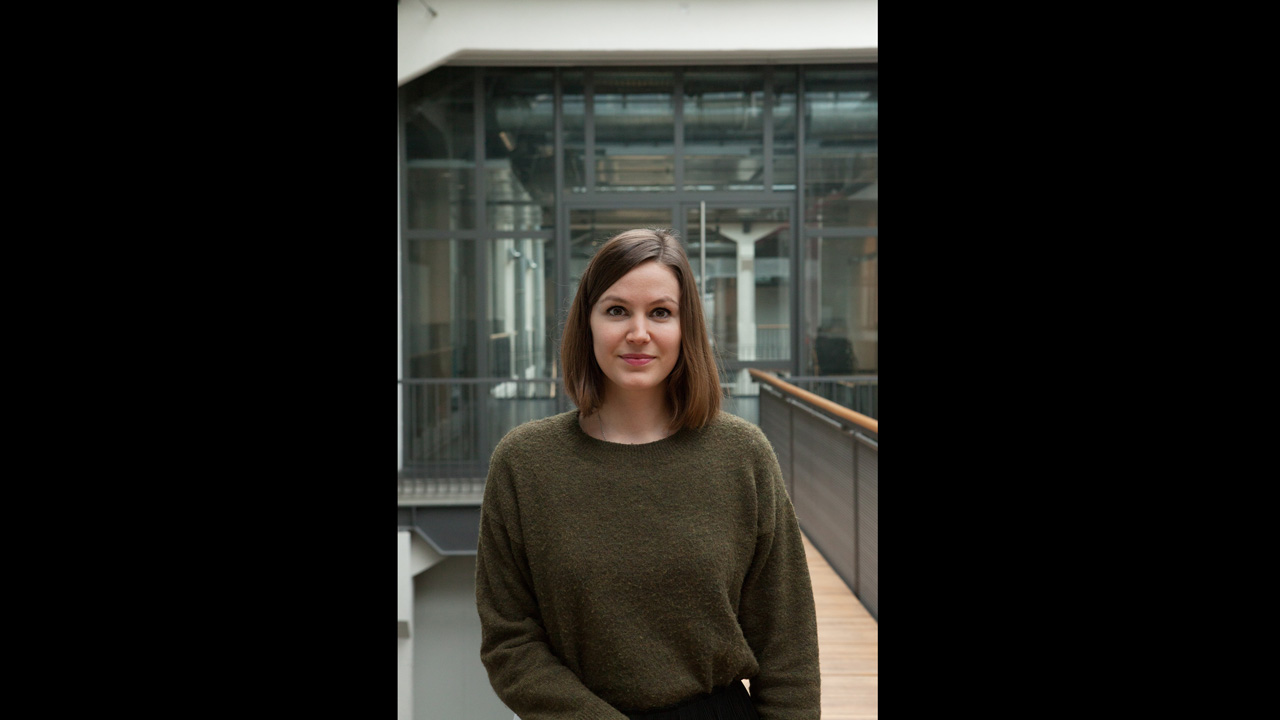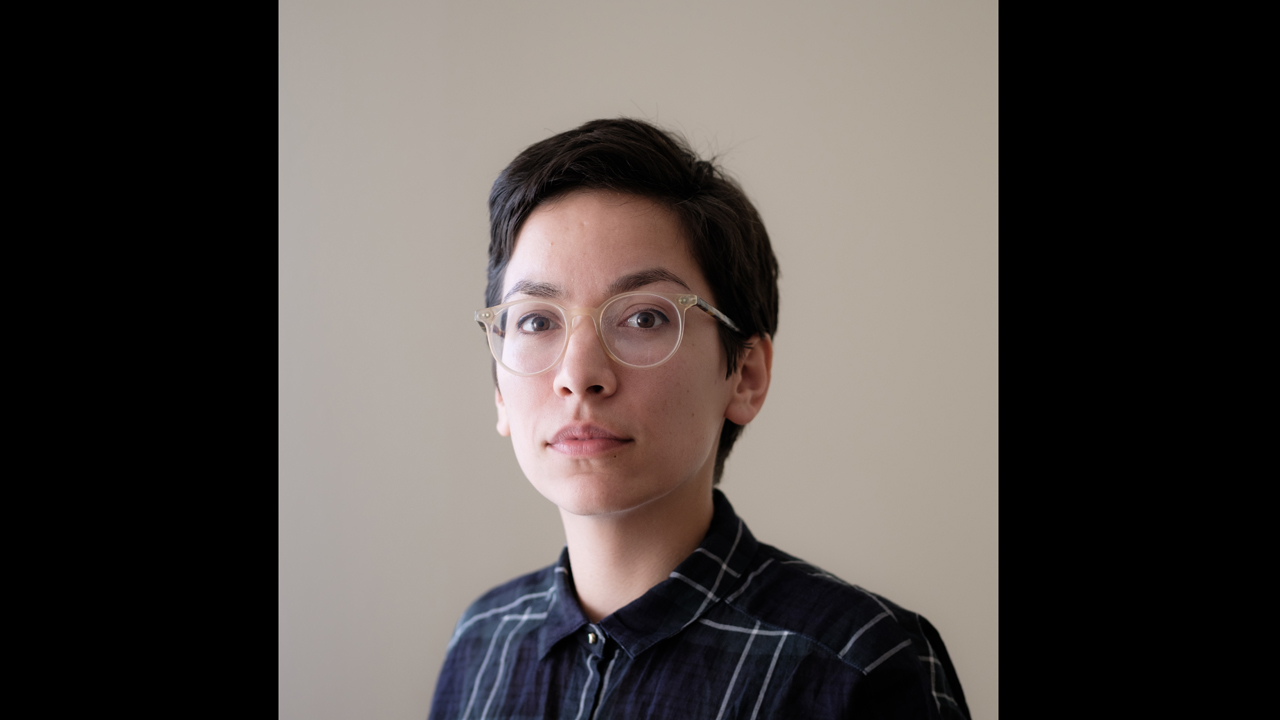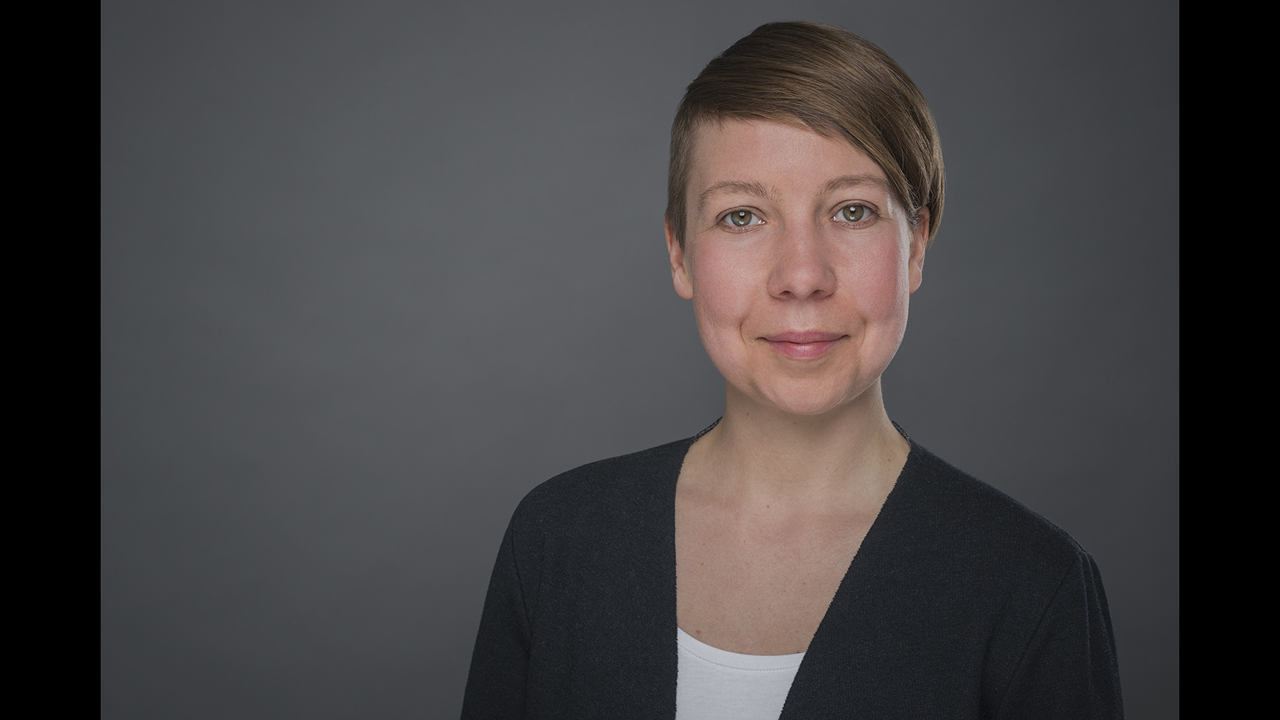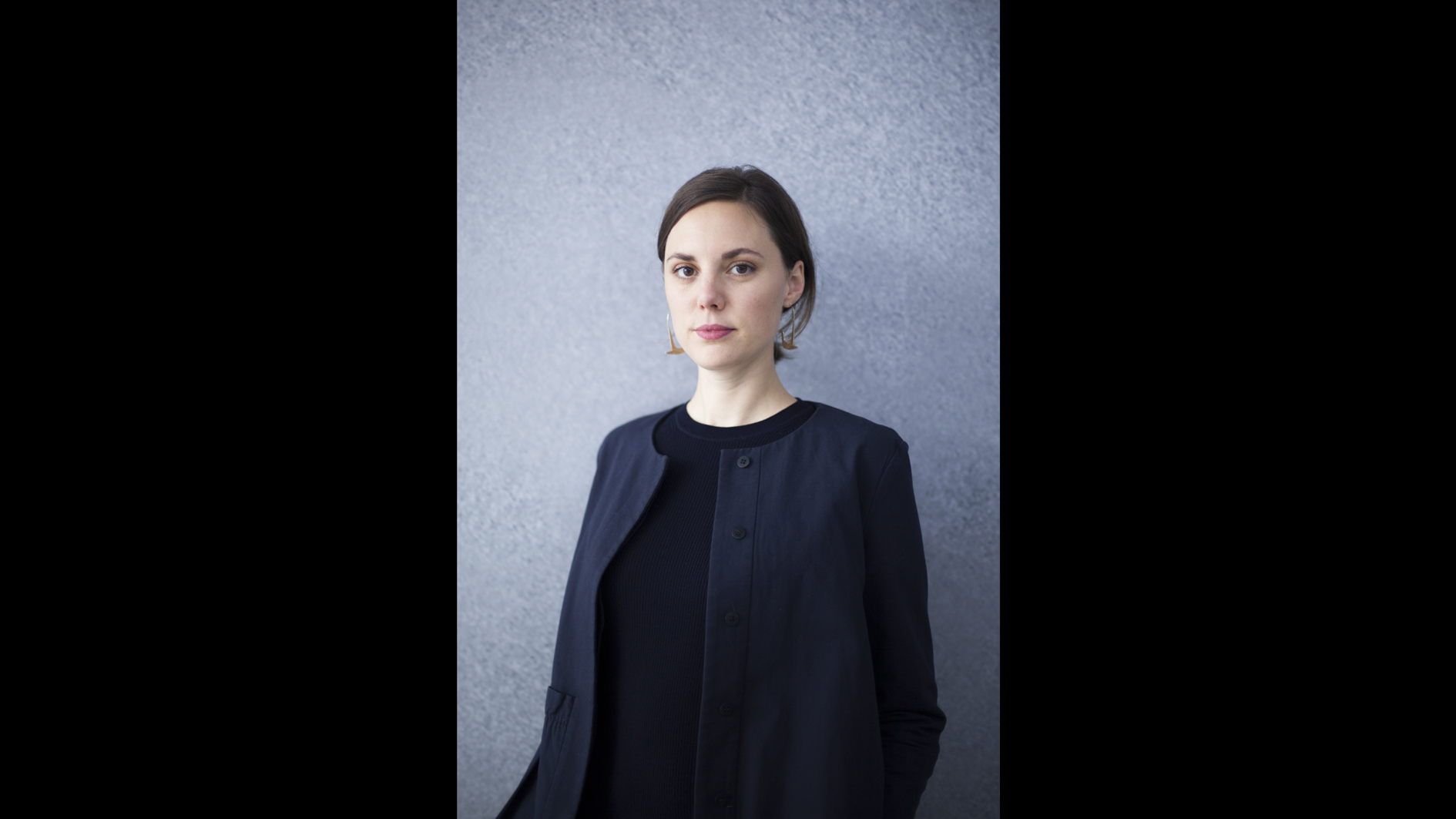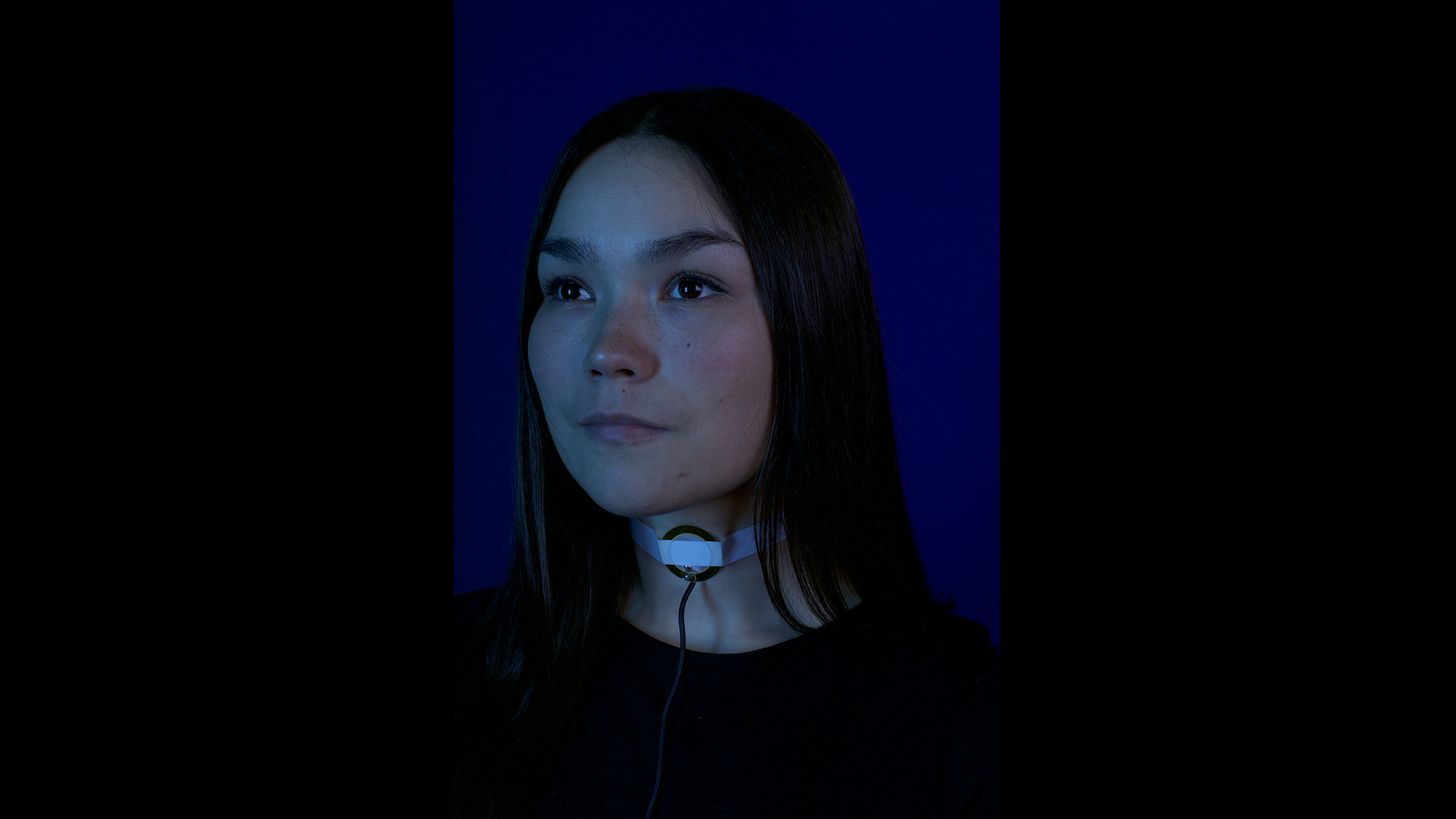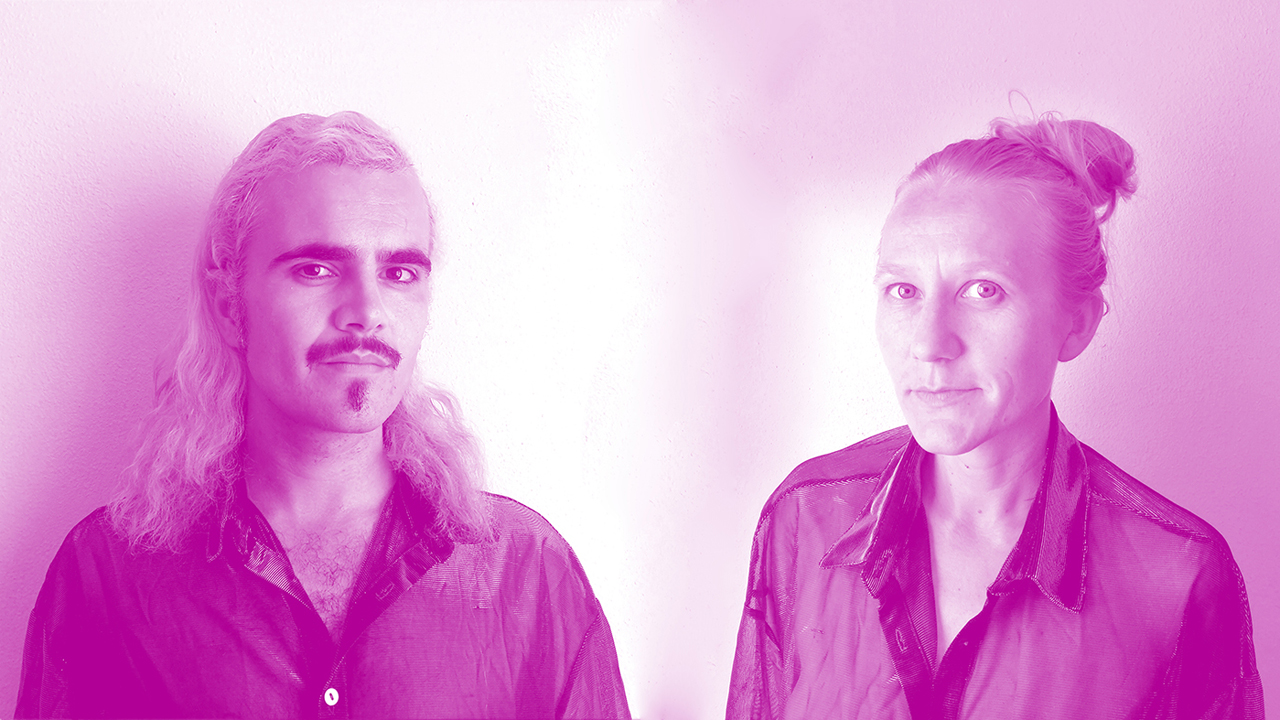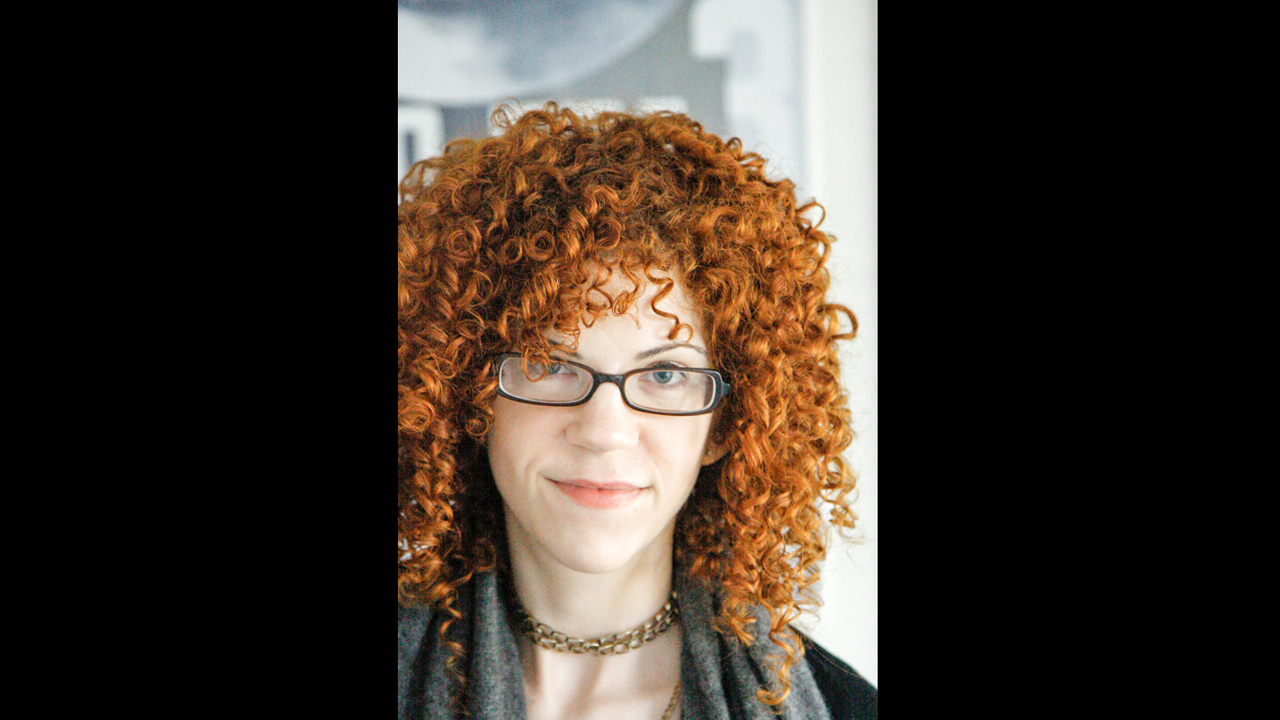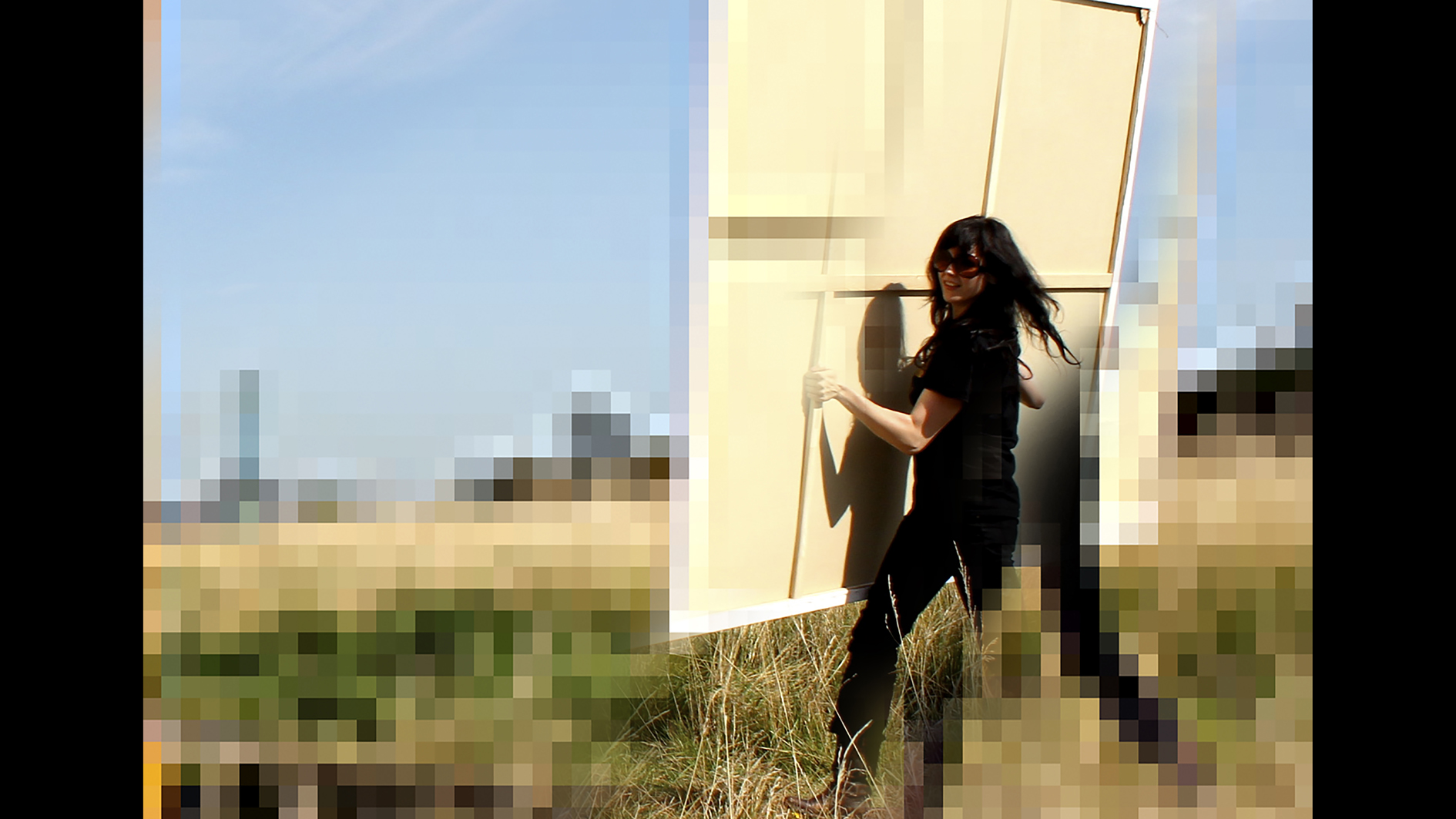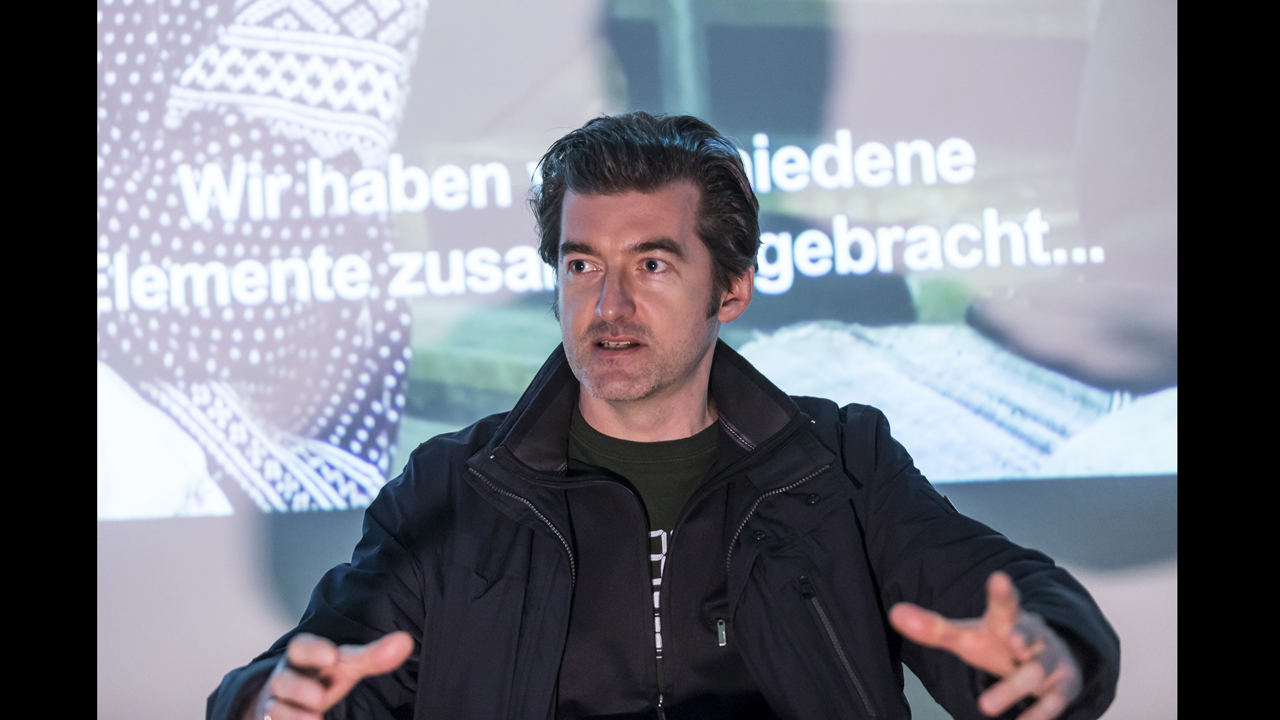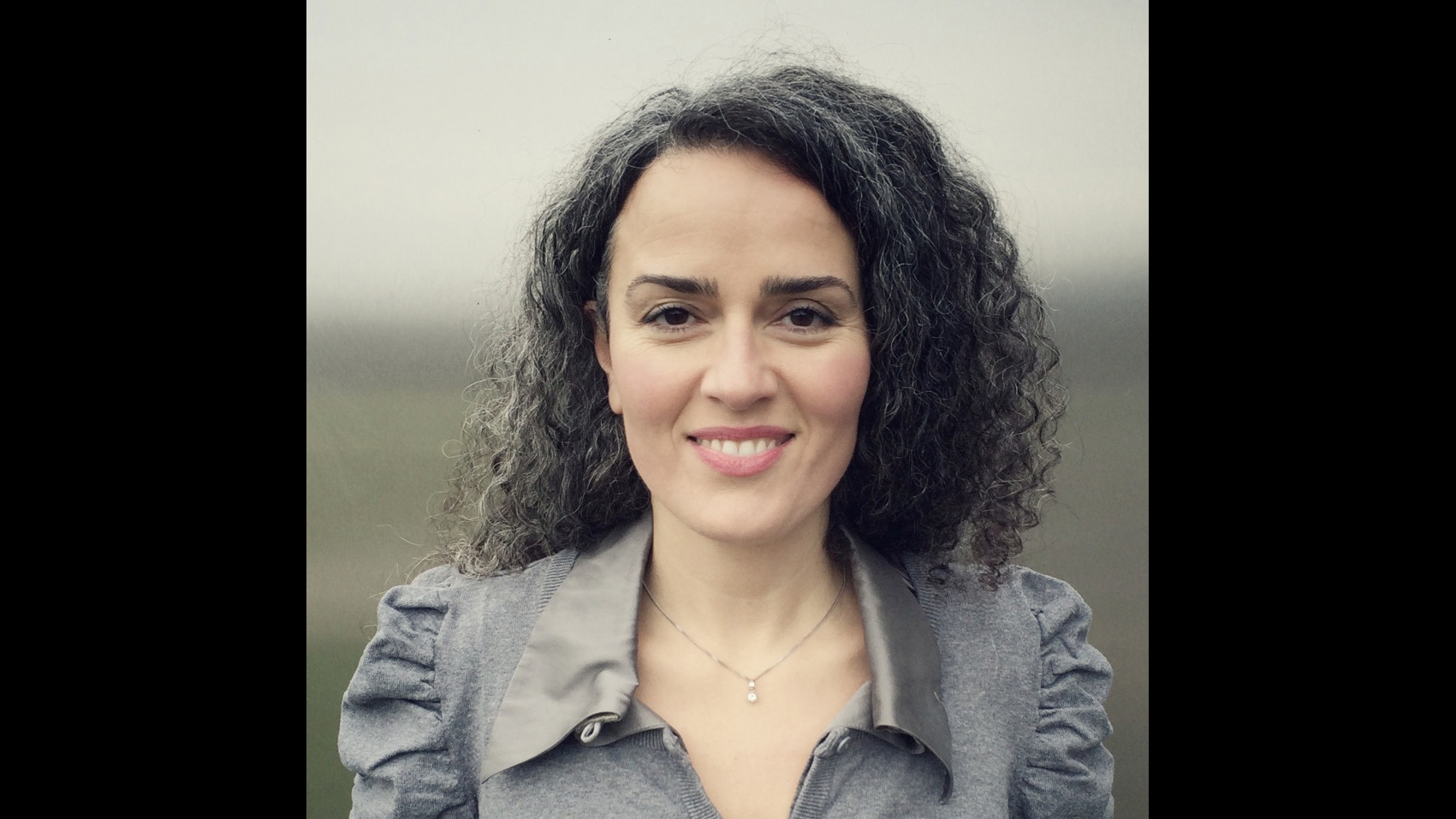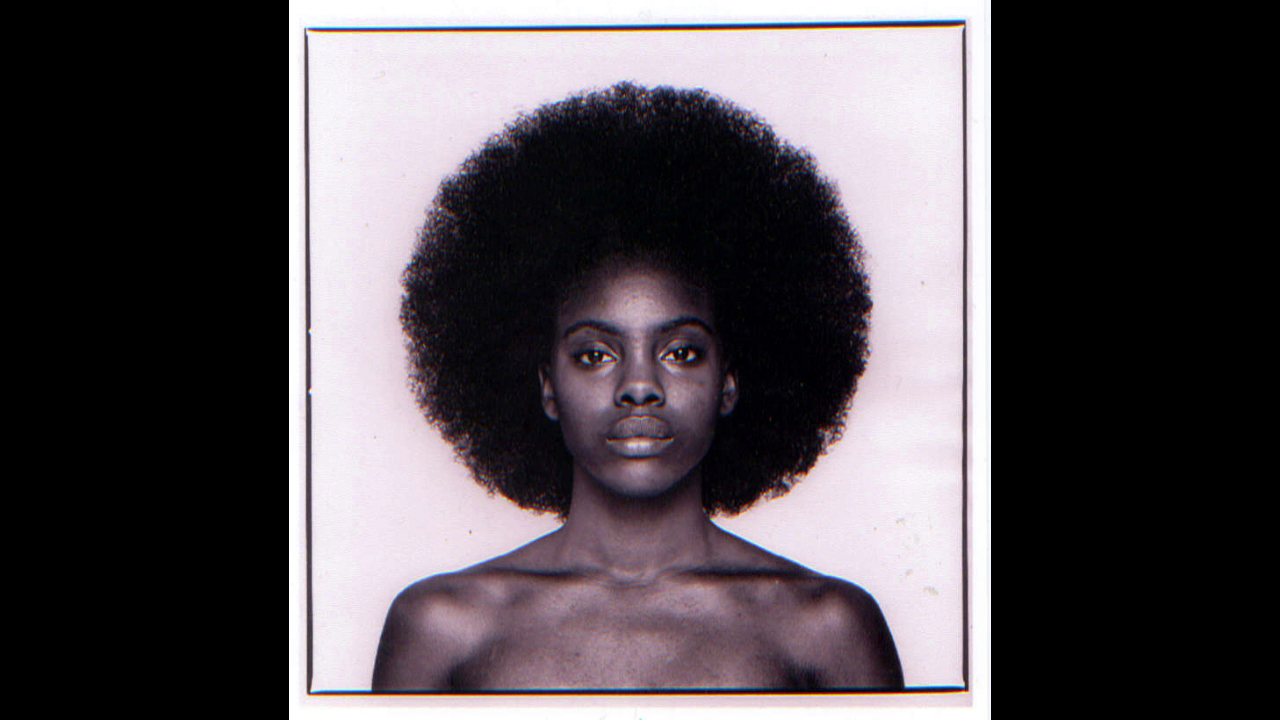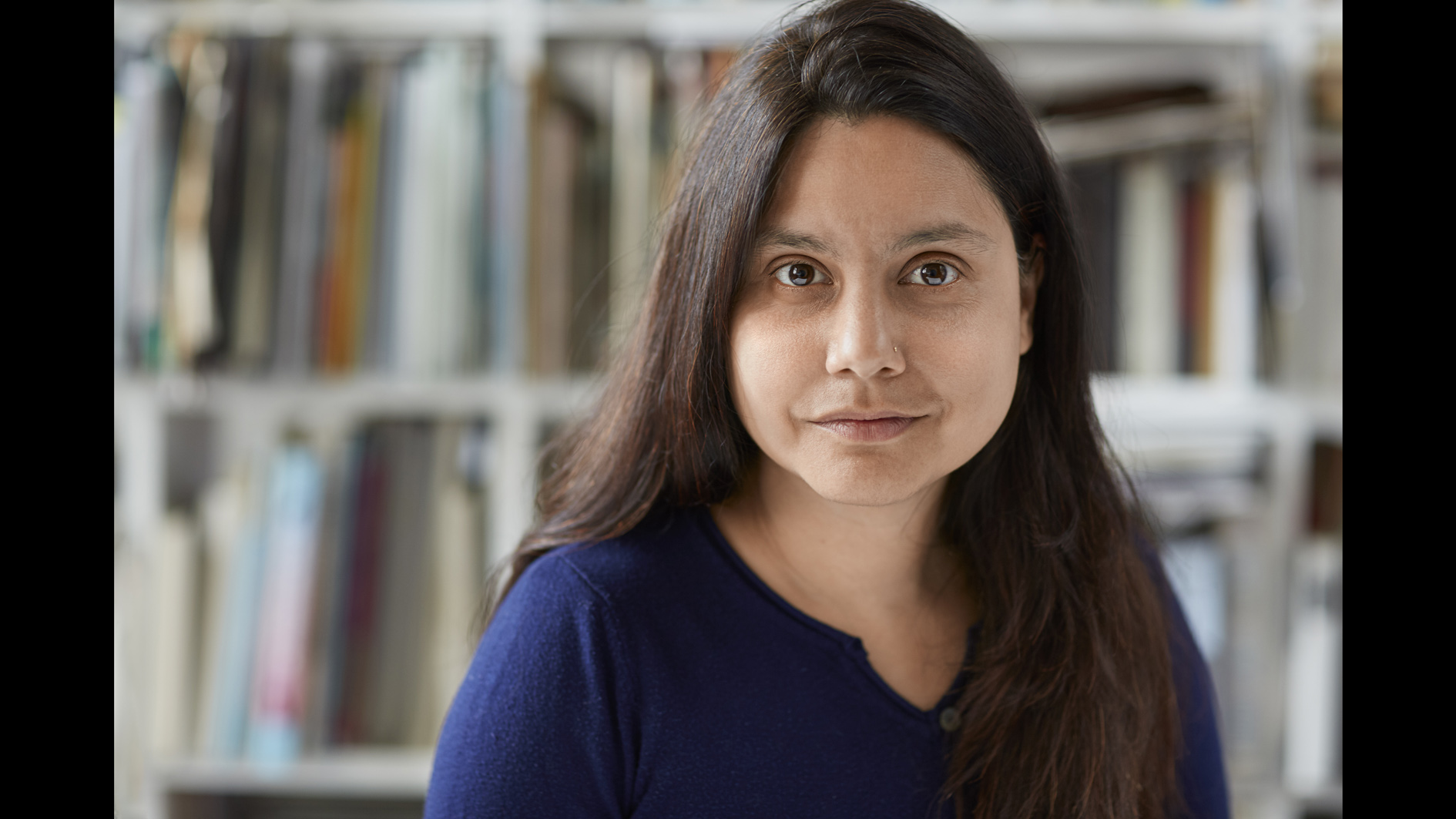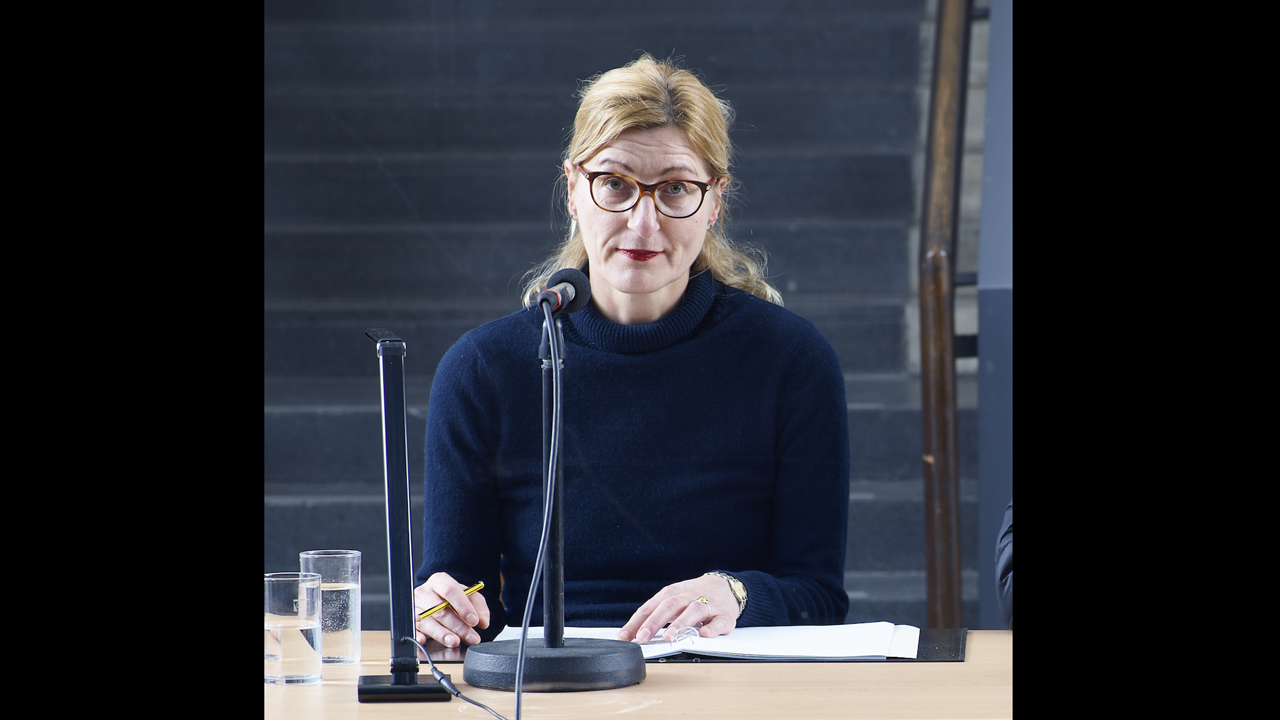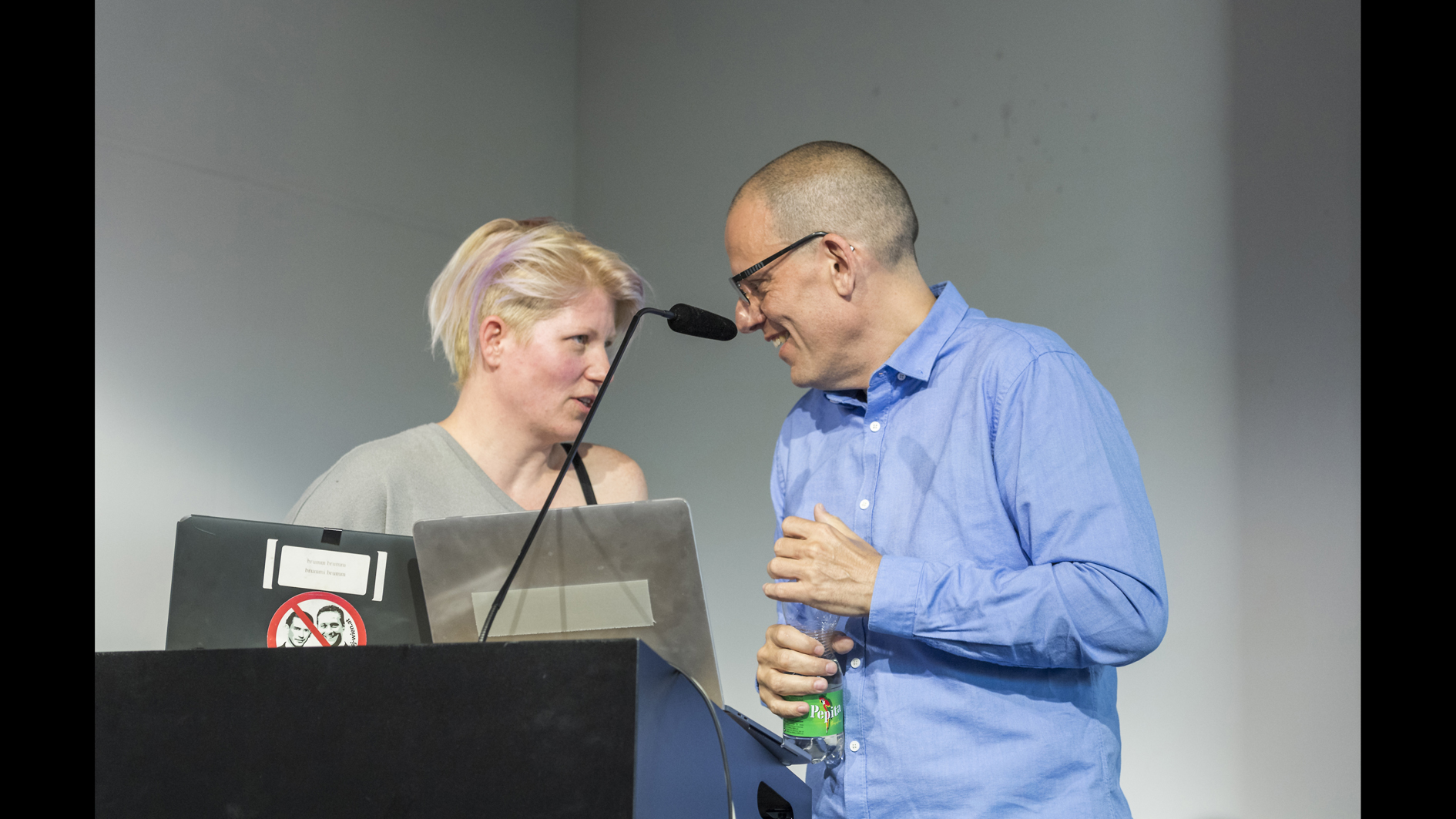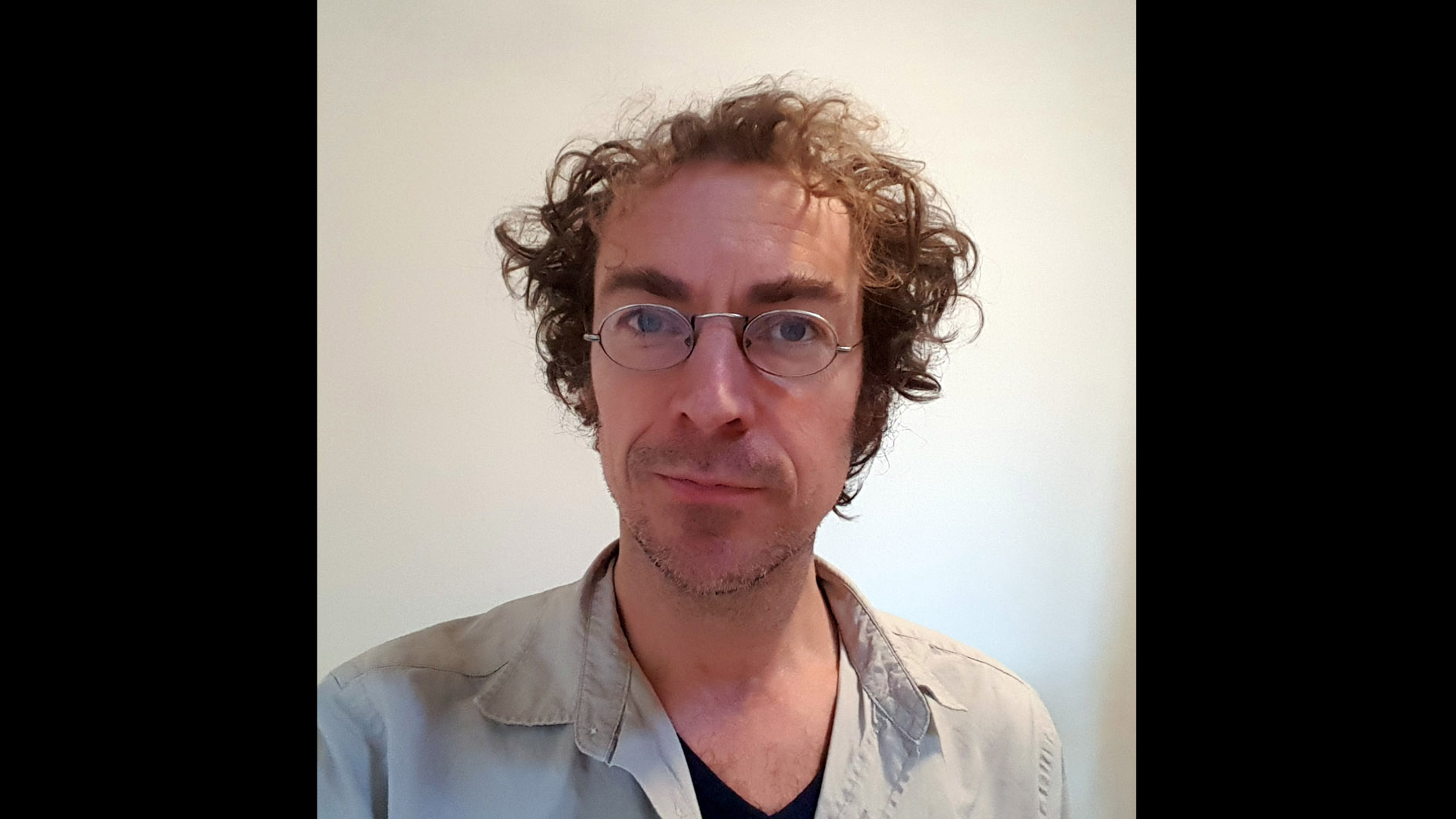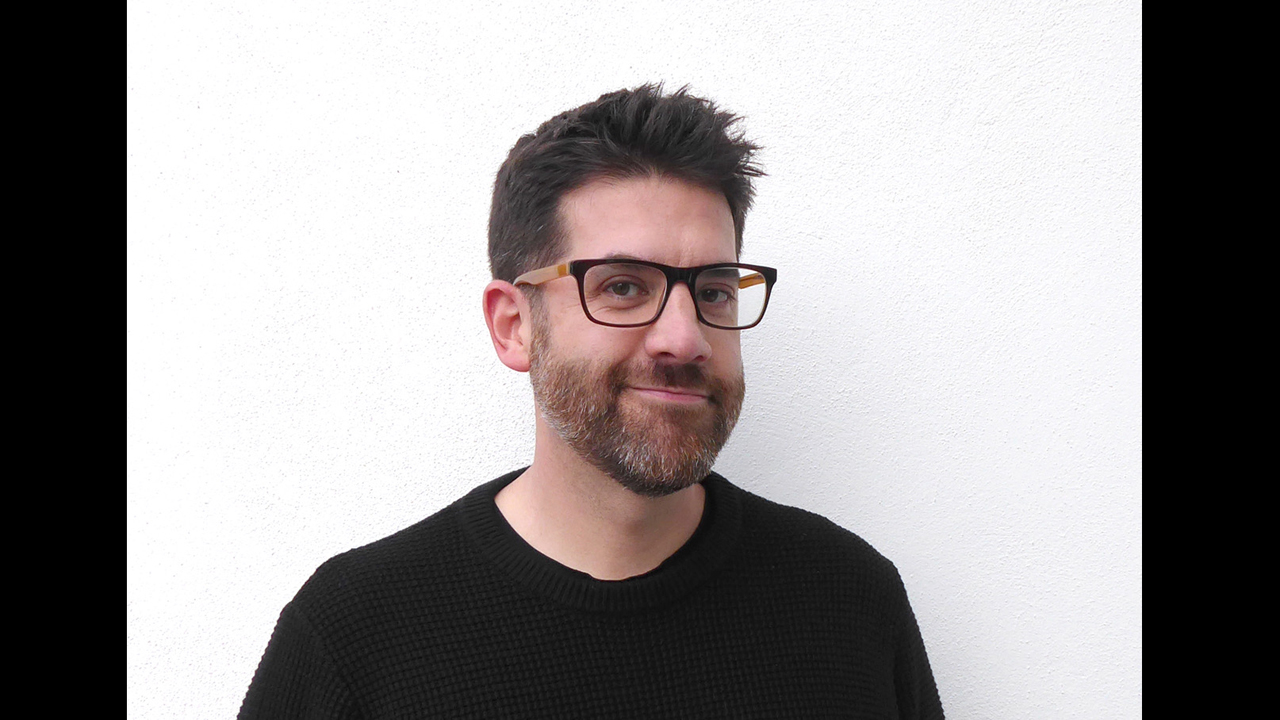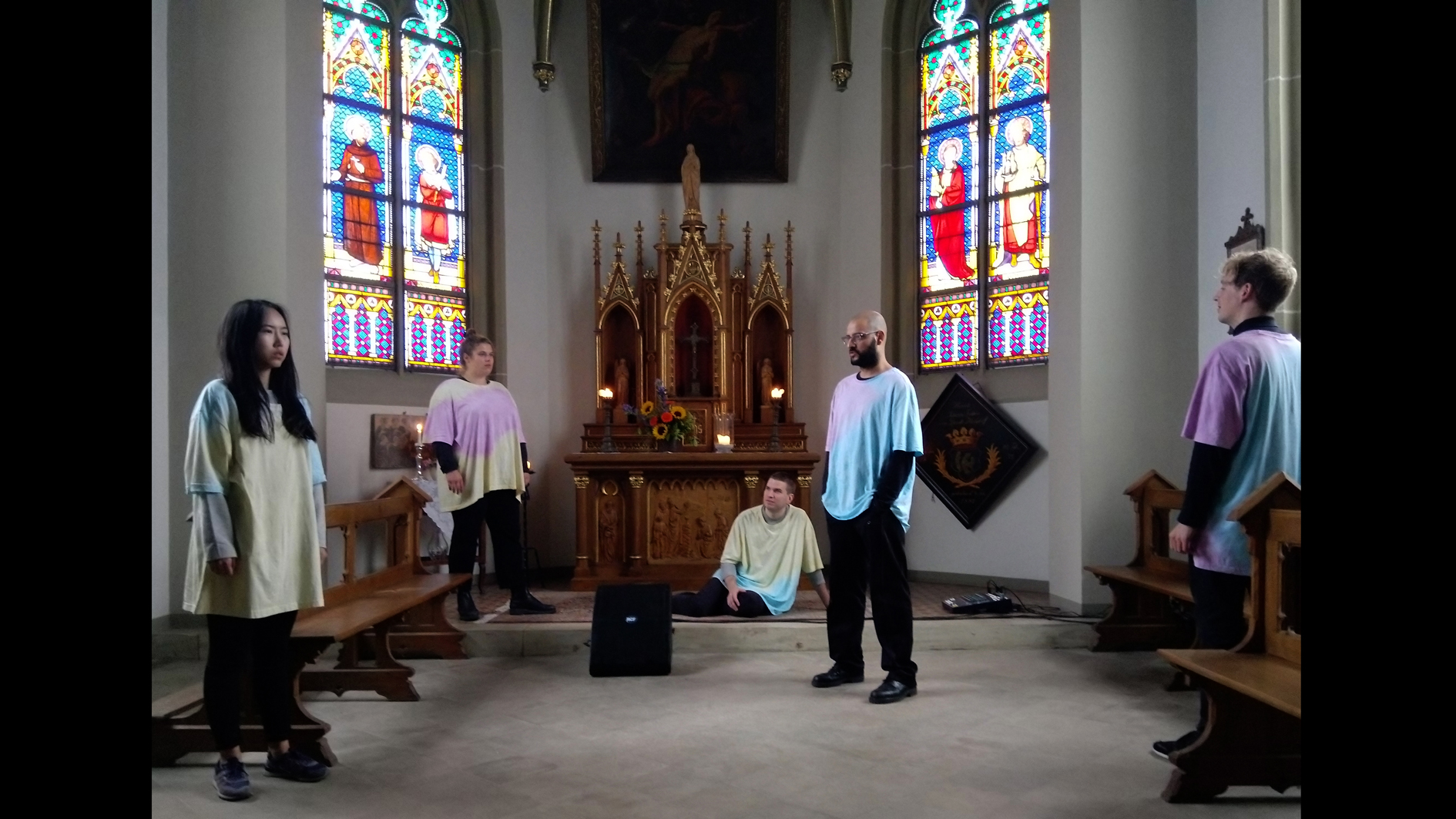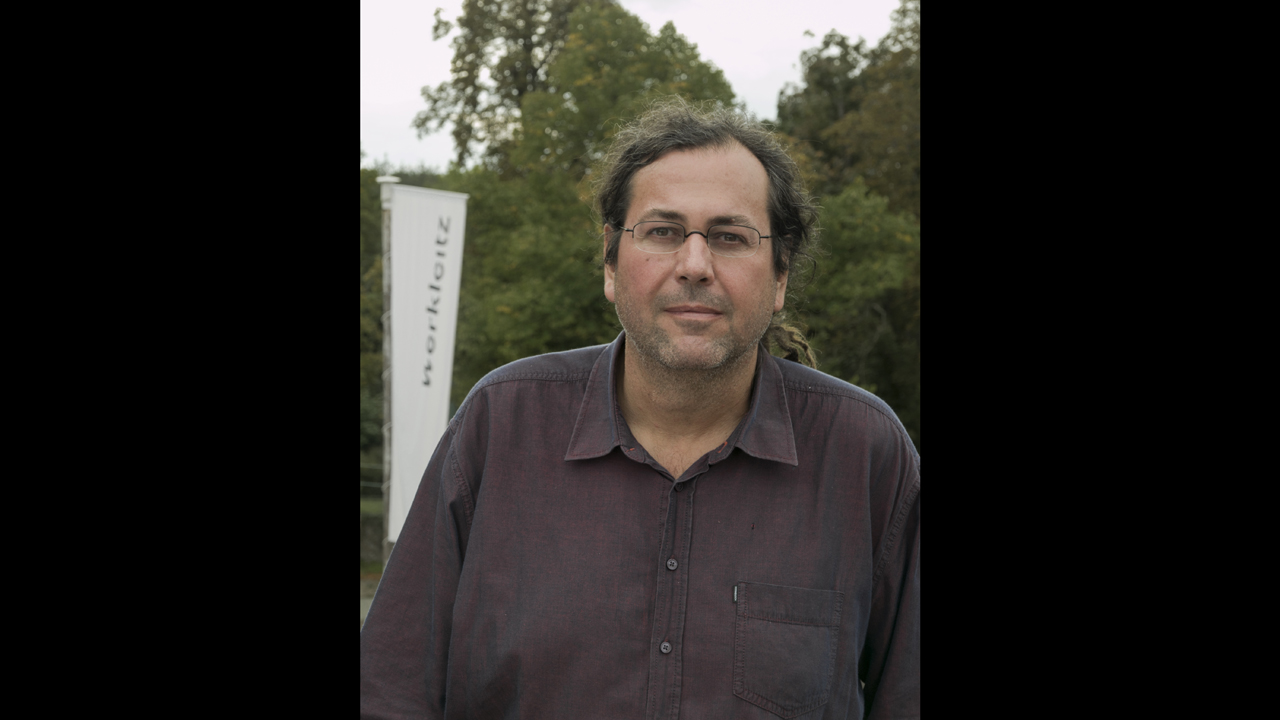Thomas Christian Bächle
Dr. Thomas Christian Bächle is co-head of the “Digital Society” Research Programme at the Alexander von Humboldt Institute for Internet and Society (HIIG) in Berlin. Published books include Digitales Wissen, Daten und Überwachung (2016), an introduction to digital knowledge, data and surveillance and Mythos Algorithmus – Die Fabrikation des computerisierbaren Menschen (2014), analysing the fabrication of computable humans.
Erika Balsom
Erika Balsom is a senior lecturer in Film Studies and Liberal Arts at King’s College London. She is the author of Exhibiting Cinema in Contemporary Art (2013), After Uniqueness: A History of Film and Video Art in Circulation (2017) and a frequent contributor to magazines such as Artforum, frieze, and Sight and Sound. Her scholarly work has appeared in journals including Cinema Journal, Screen, and Grey Room. In 2017, she was the international curator in residence at the Govett-Brewster Art Gallery/Len Lye Centre, New Zealand, resulting in the 2018 screening programme and publication An Oceanic Feeling: Cinema and the Sea. In 2018, she was awarded a Leverhulme Prize and the Katherine Singer Kovacs essay award from the Society for Cinema and Media Studies.
Tatiana Bazzichelli
Tatiana Bazzichelli is the Founding Director of the Disruption Network Lab, a conference programme on art, digital rights and disruption in Berlin at Kunstquartier Bethanien. She researches network culture, hacktivism & whistleblowing and holds a PhD in Information & Media Studies from the Faculty of Arts of Aarhus University in Denmark. She was a Programme Curator at the transmediale festival and Post-doctoral Researcher at the CDC, Leuphana University of Lüneburg. She authored three books: Networked Disruption (2013), Networking (2006), and co-edited Disrupting Business (2013). www.disruptionlab.org
Mareike Bernien & Alex Gerbaulet
The two artists, filmmakers and educators Mareike Bernien and Alex Gerbaulet live and work in Berlin. The interest in sociopolitical formations which store conflicts, is the link between these two artists working methods. This interest can either lead to a bio-fictional research on the history of a German industrial city (SCHICHT, Alex Gerbaulet, 2015) or to a research on the object-history of the color film material of Agfa during the era of National Socialism (RAINBOWS GRAVITY, Mareike Bernien, 2014). Mareike Bernien and Alex Gerbaulet are connected through the common interest in the disclosure of (production-)conditions and the experimental separation and redeployment of their sediments. Tiefenschärfe is their first collaborative film work.
Zach Blas
Zach Blas is an artist, filmmaker, writer, and lecturer in Visual Cultures at Goldsmiths, University of London. He has exhibited, lectured, and held screenings internationally, recently at the 2018 Gwangju Biennale; Abierto X Obras, Matadero Madrid; 2018 Creative Time Summit, Miami; Los Angeles County Museum of Art; 68th Berlin International Film Festival; Art in General, New York; Gasworks, London; and e-flux, New York. He is a recipient of a 2016 Creative Capital award in Emerging Fields and a 2018-20 Arts and Humanities Research Council Leadership Fellow.
Wibke von Bonin
Wibke von Bonin is an Art Historian (PhD) who accompanied, in her role as an editor for visual arts in German television (WDR), the international art world with her documentaries, movies and series on art historical subjects of all times and cultures and imparted them to a broader public. Her series “1000 Masterpieces of the great Museums of the World” gained a particular popularity. She published numerous texts on art in several magazines, books and exhibition catalogues.
Felipe Castelblanco
Felipe Castelblanco is a multidisciplinary Colombian/American artist working at the intersection of socially engaged and Media art. Felipe initiated Borderless TV, a migrant storytelling and media collective together with refugees living in Cologne in 2016. He is currently a PhD Candidate at the ECAM Graduate School at the HGK in Basel (Switzerland). His work has been exhibited worldwide, including the upcoming Quebec Biennial (Canada, 2019). Felipe has been the recipient of several awards, including the Robert Rauschenberg Foundation Residency (USA, 2018). www.felipecastelblanco.com
Dmitry Vilensky / Chto Delat
Chto Delat (What is to be done?) was founded in 2003 by a group of artists, critics, philosophers, and writers from Saint Petersburg, Moscow, and Nizhny Novgorod with the goal of merging political theory, art, and activism. The group’s name recalls the first socialist workers’ self-organizations in Russia, which Lenin portrayed in his “What is to be done?” (1902). Chto Delat as a collective operates in different media such as video films, graphics, and murals, learning theater, newspaper publications, radio plays, and militant theory. The artistic activities of Chto Delat are orchestrated by four member artists—Tsaplya (Olga Egorova), Nikolay Oleinikov, Glyuklya (Natalia Pershina), and Dmitry Vilensky.
Clown Café
The Clown Café is a performative space in which snacks and beverages are offered. The Clowns evolved an own and distinctive logic how to execute the customers wish. Thereby the spectator drifts in another temporality. Intimate encounters happen, which are essentially more sustainable for all participants than a froth of a beer.
Arjon Dunnewind
Media art addict. Enjoys constructive controversy. Sees art as the early warning mechanism that our current media-driven society needs. Founder and director of the Impakt Festival and Centre for Media Culture in Utrecht, the Netherlands.
Luba Elliott
Luba Elliott is a curator and researcher specialising in artificial intelligence in the creative industries. She is currently working to educate and engage the broader public about the latest developments in creative AI through monthly meetups, talks, workshops and exhibitions at venues including The Photographers’ Gallery (UK), Victoria & Albert Museum (UK), Seoul MediaCity Biennale (South Korea), MIT Technology Review (US), NeurIPS Conference and Impakt Festival (Netherlands).
Maria Engelskirchen
Maria Engelskirchen is a research assistant at the Institute of Art History at WWU Münster. She studied Art History and French Philology at the University of Cologne and Historical Discourses on Art and Literature at KU Eichstätt, LMU Munich and University of Augsburg. Her dissertation on the dislocation and temporalization of site-specific artistic practices is being developed as part of a research project funded by the Volkswagen Foundation for the Skulptur Projekte Archiv.
Pia Goebel
Pia Goebel studied Art History at Freie Universität Berlin (M.A.) and Interdisciplinary Cultural Studies with a focus on Art History at the Institute of Art Studies and Historical Urban Studies at the Technical University of Berlin (B.A.). Since October 2016 she is member of the DFG-research training group “Documentary Practices: Excess and Privation” at Ruhr-University Bochum, where she is currently pursuing her PhD on documentary practices in contemporary moving image art.
Dorothée Henschel
Dr. Dorothée Henschel (born 1980) studied Art History and Media Studies in Trier and Paris, where she graduated with a master’s degree with her thesis about Fernsehgalerie Berlin – Gerry Schum. She received her PhD with her work on „Fernsehkunst – das Verhältnis von Kunst und Fernsehen im künstlerischen und gesellschaftlichen Diskurs“. Since 2006 she is research associate at Stadtmuseum Trier, where she took part in the conception of the permanent exhibition, as well as in numerous exhibitions in the field of cultural and art history.
Echo HO
zo-on slows is the musical alias of Echo Ho, a Beijing-born, Cologne-based artist, experimental composer and audio-visual performer. She reimagined the traditional Chinese seven strings wooden Gu Qin into a hybrid plexiglass Slow Qin. Inspired by historically informed performance and club psychedelic vibes. Between strict structure and improvisation, zo-on slows unfolds textural, emotional and hypnotic music - a journey to be woven into an onomatopoeically distorted chant, poetically strange and “un-homely world” of her personal sound process.
Kame House
The label Kame House Records, run by Infuso Giallo and uomo di carne, was founded in 2017. Besides their residency in the legendary Cologne club K5, the two DJs played at locations all over Germany. In 2017 they decided to release the first tracks of Infuso Giallo on vinyl, which had become an insider tip. The second release followed in October 2018 and more is planned and already in work. Musically, the output is not committed to one genre, but rather to exotic eclecticism including Wave, Krautronica, Weird-House and rare pop.
Yasemin Keskintepe
Yasemin Keskintepe is a curator and researcher who investigates the politics and poetics of technology in contemporary art and exhibiting practices. Between 2016 and 2018 she worked at the ZKM | Centre for Art and Media Karlsruhe, where she co-curated the exhibition Open Codes. She was the curator of the 2018 edition of Impakt Festival entitled Algorithmic Superstructures together with Alex Anikina and Luba Elliott. Yasemin finished her studies in Contemporary Art Theory at Goldsmiths College London, having previously studied Cultural Policy and obtaining an undergraduate degree in law. She was involved in several projects for the Istanbul Biennial, Contemporary Istanbul and the ICA London.
Jee-Hae Kim
Jee-Hae Kim studied Art History, Philosophy, Theater, Film and TV Studies at Seoul National University and University of Cologne (UzK), where she graduated with a thesis on Bruce Connor’s found footage films. As research assistant, she was supervisor for a project on Radio Art at the Institute for Art History at UzK. Currently she focuses her research on Slow Scan television projects in Victoria, Pender Island and between Vienna and Vancouver within the scope her PhD.
Julia Kloiber
Julia is a researcher and designer who works at the intersection of technology and society. She develops strategies and concepts to innovate programs for the digital world. She founded the Prototype Fund, Germany’s first open source funding program for technology for the the public good. As a Senior Fellow at Mozilla she focuses on building public awareness to demand ethical internet technologies. Based in Berlin, she is currently researching emerging technologies and exploring future narratives.
Stéphanie Lagarde
Stéphanie Lagarde graduated from a Master of Fine Arts at ENSAD, Paris and completed her studies with a residency at the CCA, San Francisco, thanks to the LVMH award. She researches into systems of signs which aim at occupying physical and virtual territories. Her works reveal the political, ideological or survival purpose of these strategies and their incidence on identity, sense of belonging and freedom to move. In her assemblages, auditory, visual and textual elements interact.
Stephanie Sarah Lauke
Stephanie Sarah Lauke is an art and media scientist. Since 2017 she works at the University of Siegen, where currently, she acts as personal consultant to the rector. Prior to that she functioned as a research fellow at the Cologne-based KHM – Kunsthochschule für Medien, where she finished her PhD in Art Studies with a dissertation on “Mediatized art experiences. The phenomenality of moving image-installations in television and internet.”, which will be published soon by Athena.
Lisa Long
Lisa Long (b. 1988 in Oakland, California) is based in the Rhineland and works as an independent curator and writer. She studied Art History and Musicology at the University of Cologne and completed her master’s degree at the Center for Curatorial Studies, Bard College, New York. She organized various exhibitions and events in the US, i.a. together with Marina Rosenfeld and Chris Kraus. Currently she is curating a year-long program for Julia Stoschek Collection in Düsseldorf and Berlin, which will begin in March 2019.
Maryna Makarenko
Maryna Makarenko (b. 1990, Ukraine; lives in Berlin) through combining performance, dance and moving picture examines structures of existing orders. In her works she explores interconnection between notions of technology, gender and economies of feelings. She entwines documentary elements with fiction to initiate parallel narratives of otherness experienced beyond dominating models of the present.
Albert Meijer
Albert Meijer was trained as a chemist but now he is a professor of public innovation. He has developed a political perspective on smart cities that highlights that we need to study the smart city as a high tech political community: a datapolis. His research approach focuses on developing knowledge with governments, societal groups and citizens in living labs.
METASITU
METASITU is a research-based and socially-driven practice, pendulating between Kiev and Athens. Founded by Liva Dudareva and Eduardo Cassina, we usurp artistic roles, using art as a strategy: a platform to support our research, a medium to reach different actors, and a tool to establish bridges across disciplines. This allows us to abuse urbanism discourses, develop new tools to empower individuals in the way they relate to the territory, and challenge spatial power hegemonies.
Zabet Patterson
Zabet Patterson is Associate Professor at Stony Brook University in the Department of Art. She specializes in the intersection of contemporary art and computational media in the postwar period. Her first book, Peripheral Vision: Bell Labs, the S-C 4020, and the Origins of Computer Art (MIT Press, 2015) received the Anne Friedberg Innovative Scholarship Award from the Society of Cinema and Media Studies. Her work has appeared in journals including Grey Room, Animation and Media-N, and in anthologies. She was recently awarded a grant from the Warhol Foundation / Arts Writers Program in support of her forthcoming book, Metamorphose Yourselves: USCO, Techno-Utopia and Technocracy.
Johanna Reich
Johanna Reich (* 1977) lives and works in Cologne. She studied at the Academy of Fine Arts (Kunstakademie) Münster, Academy of Fine Arts (HfbK) Hamburg and Academy of Media Arts Cologne. Scholarships and residencies took her to Israel, Spain, Luxembourg, Romania and the USA. Among others, she was awarded the japanese Excellence Prize for Media Arts, the Konrad von Soest prize and the Nam June Paik Award (Winner National). Her work is represented internationally in numerous exhibitions and collections, i.a. Tokyo Metropolitan Museum of Photography, Museo Reina Sofia Madrid, MOCCA Toronto, Frankfurter Kunstverein and Palais de Tokyo Madrid, Goetz Collection Munich and Jerry Speyer Collection New York. Currently her work is shown at MARTa Herford and Gallery Priska Pasquer in Cologne.
Oliver Ressler
Oliver Ressler, born 1970 in Knittelfeld, Austria, lives and works in Vienna. Ressler produces installations, projects in public space, and films on issues such as economics, democracy, migration, global warming, forms of resistance and social alternatives. He has completed thirty-one films that have been screened in thousands of events of social movements, art institutions and film festivals. Ressler is the first price winner of the Prix Thun for Art and Ethics Award in 2016.
Aurora Rodonò
Aurora Rodonò works as a lecturer at the Institute of Art Theory, University of Cologne, as well as an independent cultural worker in the fields of migration, anti-racism and art. She was project consultant at Akademie der Künste der Welt from 2012 to 2014 and research associate at the exhibition and research project „Projekt Migration“ (Köln 2005). She is a member of the Initiative „Tribunal NSU-Komplex auflösen“. Numerous publications and lectures on history and cinema of migration and issues of anti-racist re/presentation.
Lazara Rosell Albear
Lazara Rosell Albear is a Cuban-Belgian artist with a cross-media practice, ranging from the research of sound and performance to the production of events and films. She is broadening the traditional means of dance, music, and theater. Rather than choosing between these different media, she strives for a contrapuntal togetherness and total immersion – on the inside and outside. 2000 she graduated from the School of Arts KASK Gent, Belgium. In 2002 she received the Bunkacho Fellowship from the Japanese Ministry of Culture to study traditional Japanese dance and music. Among others she presented her works at the Biennale Bucaramanga (Columbia), the Kunsthaus Dresden (Germany), at the Temporary Gallery Köln (Germany) and the Contemporary Art Center Brussels (Belgium).
Mithu Sanyal
Dr. Mithu M. Sanyal, cultural scientist and writer, for WDR, SWR, DLF, Spiegel, Bundeszentrale für politische Bildung, MISSY Magazine, etc. Regular columnist for taz.
Publications, among other, Vulva (Wagenbach) and Vergewaltigung. Aspekte eines Verbrechens (Nautilus.), which was awarded with the prize „Geisteswissenschaften international.“
www.sanyal.de
Sabine Maria Schmidt
Sabine Maria Schmidt is an art historian, curator and author. She publishes constantly on the art of the 20th and 21st century, mainly about art in public spaces, visual discourses, video, artist movies, and new media. Recently she published a monography on Korpys/Löffler (Wasmuth, 2017) and Christoph Faulhaber (Hatje Cantz, 2018). In 2015 she founded the discursive and mobile event format Labor für Kritik und Weitsicht (Düsseldorf). For the EMAF festival in Osnabrück, she co-curated the conference “Report. Notes from reality”, on which a publication is in preparation. www.sabinemariaschmidt.com
Gabriele Schor
Since 2004 Dr. Gabriele Schor has directed the SAMMLUNG VERBUND Collection in Vienna which she has built up from the beginning. Schor coined the term 'Feminist Avant-Garde' and established it to the art-historical discourse in order to highlight the pioneering role of these artists. The exhibition of the same name has been touring Europe for 10 years. Numerous publications: i.a. 2009 with Abigail Solomon-Godeau the first Birgit Jürgenssen monograph, 2012 Catalogue Raisonné on the early works of Cindy Sherman, 2014 with Elisabeth Bronfen catalogue on Francesca Woodman, 2015 compendium on the Feminist Avantgarde, 2016 with Jessica Morgan first monograph on Renate Bertlmann, 2018 catalogue on Louise Lawler.
Maryam Tafakory
Maryam Tafakory is an artist-filmmaker based in London. She studied her MFA at Oxford. Her work has been exhibited internationally. Part performance, her work draws on womanhood and rites of passage, interweaving poetry, (self)-censorship and religion, combining a formal minimalist syntax and figurative mode of representation.
Vera Tollmann
Vera Tollmann is a cultural scientist who is writing on the internet and digital culture. She has been working for Springerin – Hefte für Gegenwartskunst in Wien, Kulturstiftung des Bundes in Halle, and media art festival transmediale in Berlin. She was a research associate at the Moving Image Lab at Leuphana University and 2015 – 2017 she ran the Research Center for Proxy Politics together with Boaz Levin and Hito Steyerl. The publication Proxy Politics was published by Archive Books in Berlin. Currently she is holding a research stipend of the Berlin Senate and is completing her PhD at Hochschule für bildende Künste Hamburg.
UBERMORGEN
lizvlx (AT, 1973) and Hans Bernhard (CH/USA, 1971). CNN described them as 'maverick Austrian business people' and the NYT called Google Will Eat Itself 'simply brilliant’. They own 175 Domains (Web-sites) and their main influences are Rammstein, Samantha Fox and XXXTentacion, Olanzapine, LSD, Kentucky Fried Chicken's Coconut Shrimps Deluxe and Viennese Actionism. ubermorgen.com
Sander Veenhof
The projects by independent creator Sander Veenhof offer a hands-on peek into the future. With his speculative projects he examines the boundaries, opportunities, the dilemma's and our own role in the tech-oriented future ahead of us.
Pau Waelder
Art critic, curator and researcher. PhD in Information and Knowledge Society, Universitat Oberta de Catalunya (UOC), Lecturer in Arts and Humanities at UOC. His recent curatorial projects include the exhibitions All Changes Saved, Real Time, Remote Signals, and Extimacy. Art, intimacy and technology. He has published articles and essays in contemporary art magazines and peer-reviewed journals. He is currently the editor of Media Art at art.es magazine, and editor and writer at Art Matters and Design Matters (UOC). www.pauwaelder.com
You Are
„You Are“ is a cologne-based performance collective which discusses forms of collective thinking and narrating. Their language-centered performance YOU ARE bases on a simple algorithm and changes constantly between confession and interrogation. In a rhythmic succession political and private statements dissolve in their tonal qualities and new contextual connections are consecutively generated.
Peter Zorn
Peter Zorn co-founded the Werkleitz Association, the Centre for Media Art Saxony-Anhalt, Germany. In 1995 he initiated and since then manages the European Artists in Residence Exchange (EMARE) which has expanded and is hosted since 2018 by the European Media Art Platform (EMAP). He also managed several EU funded projects and programs, is co-director of the Werkleitz Biennale / Werkleitz Festival and since 2011 director of Werkleitz Professional Media Master Class.

